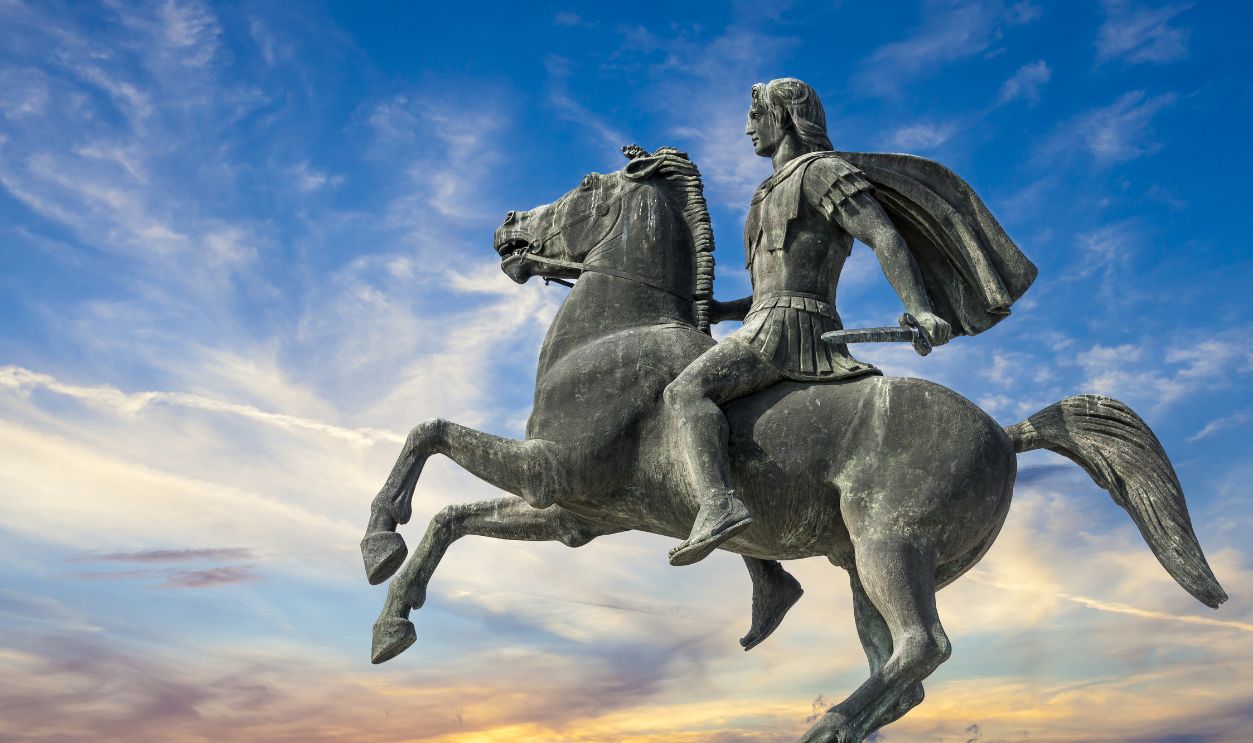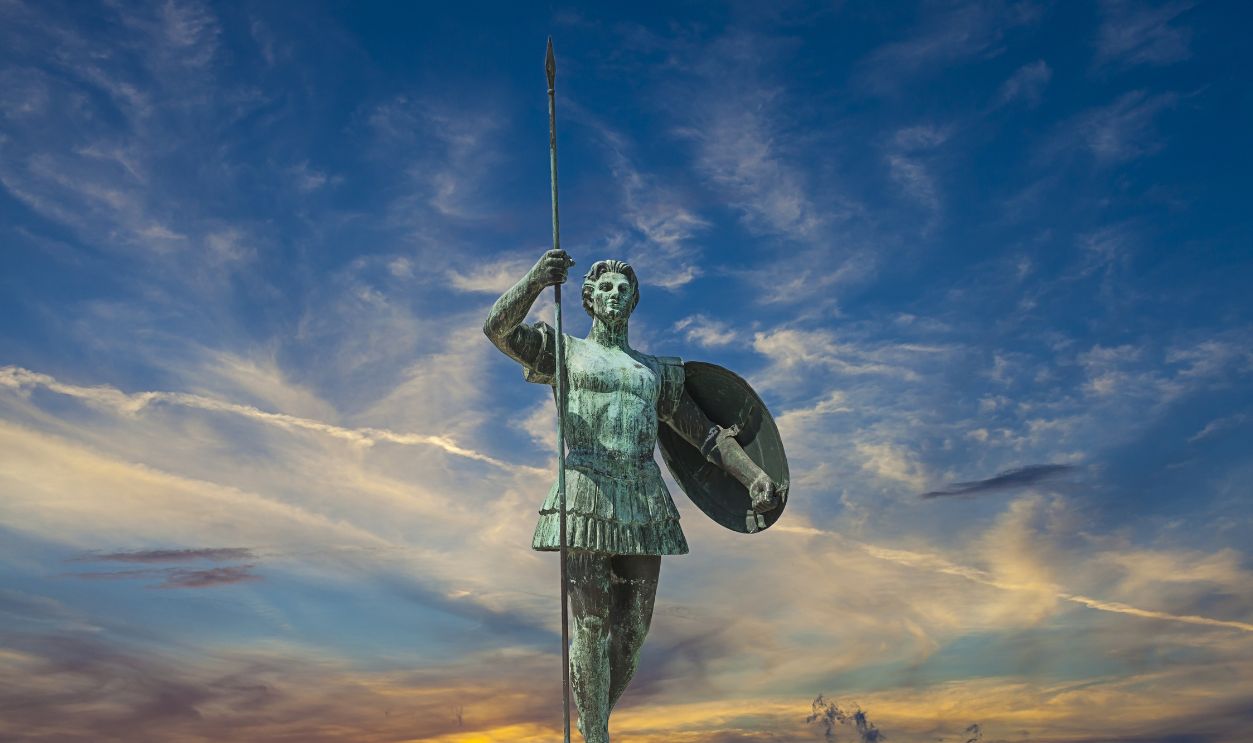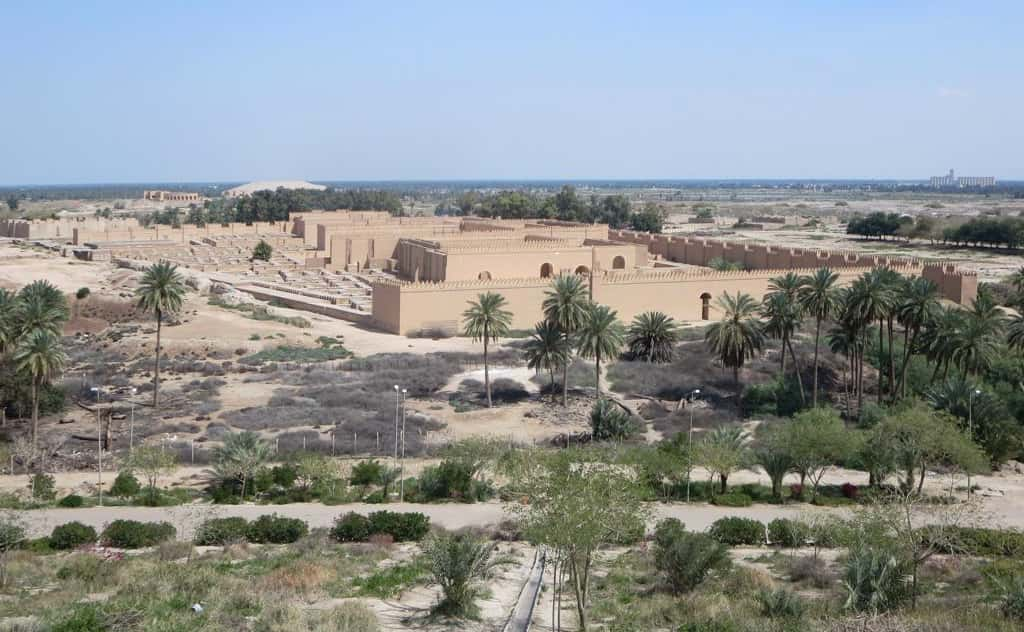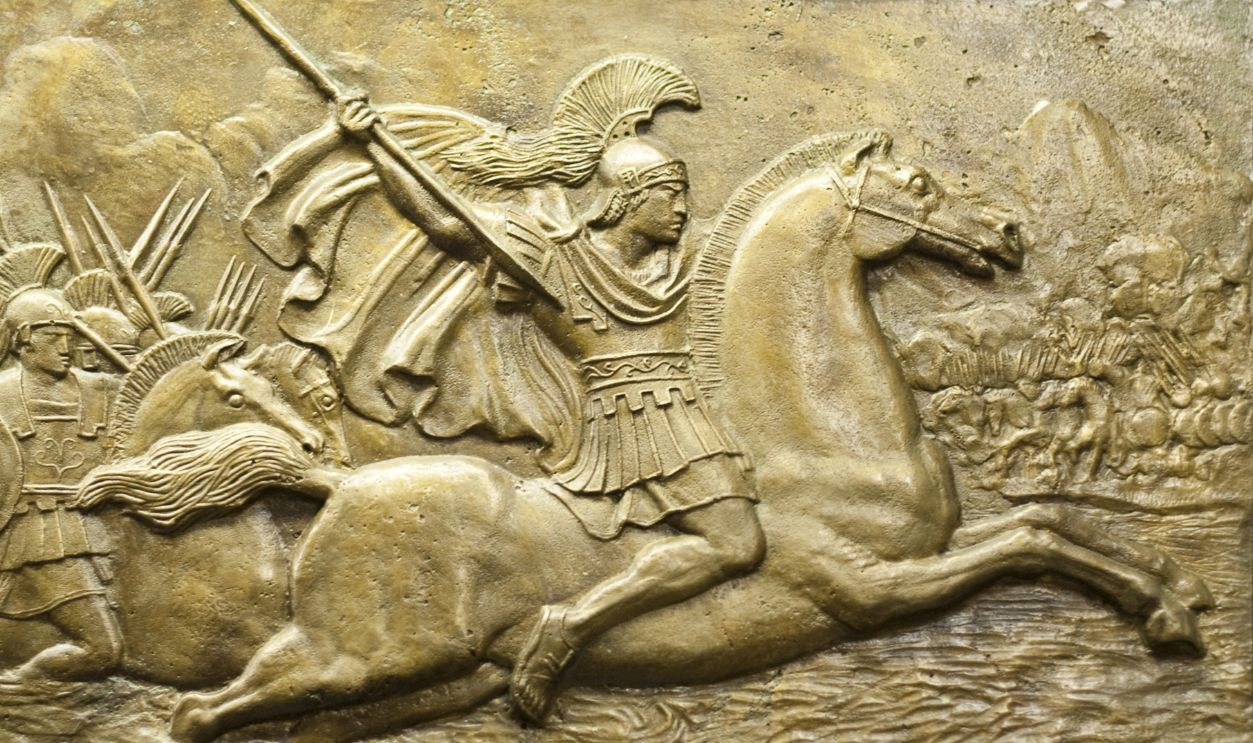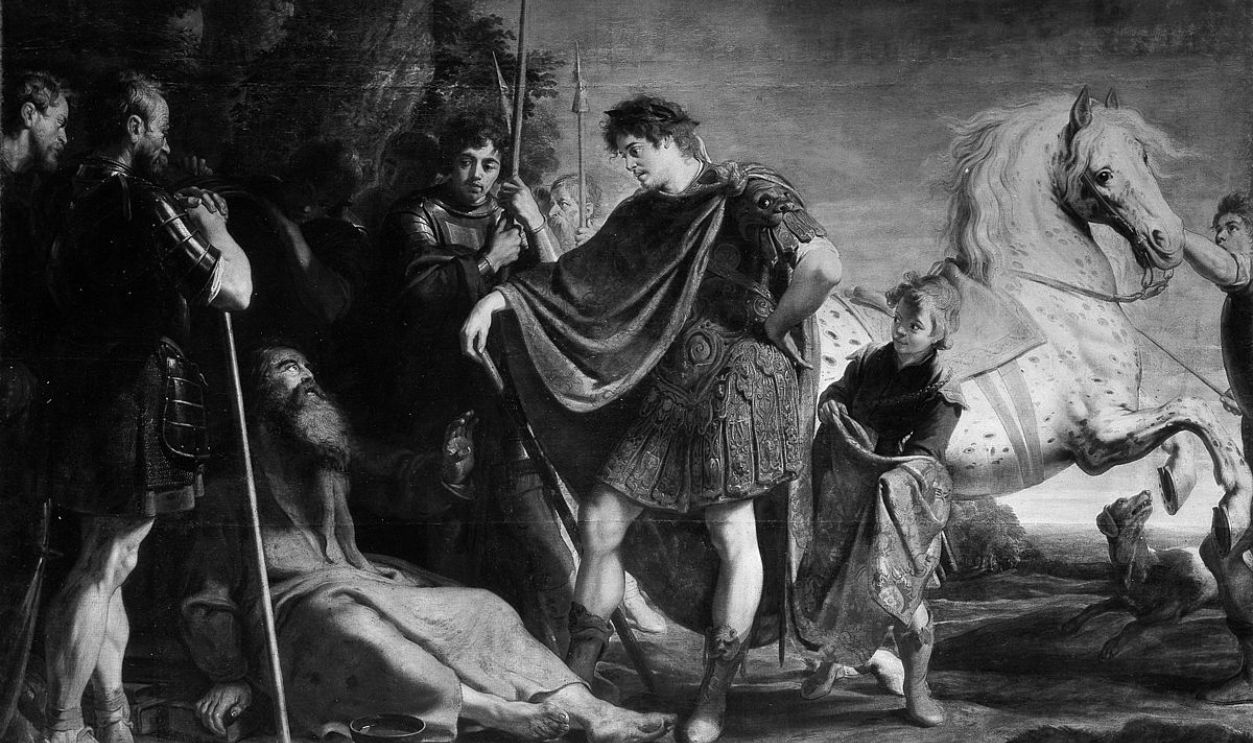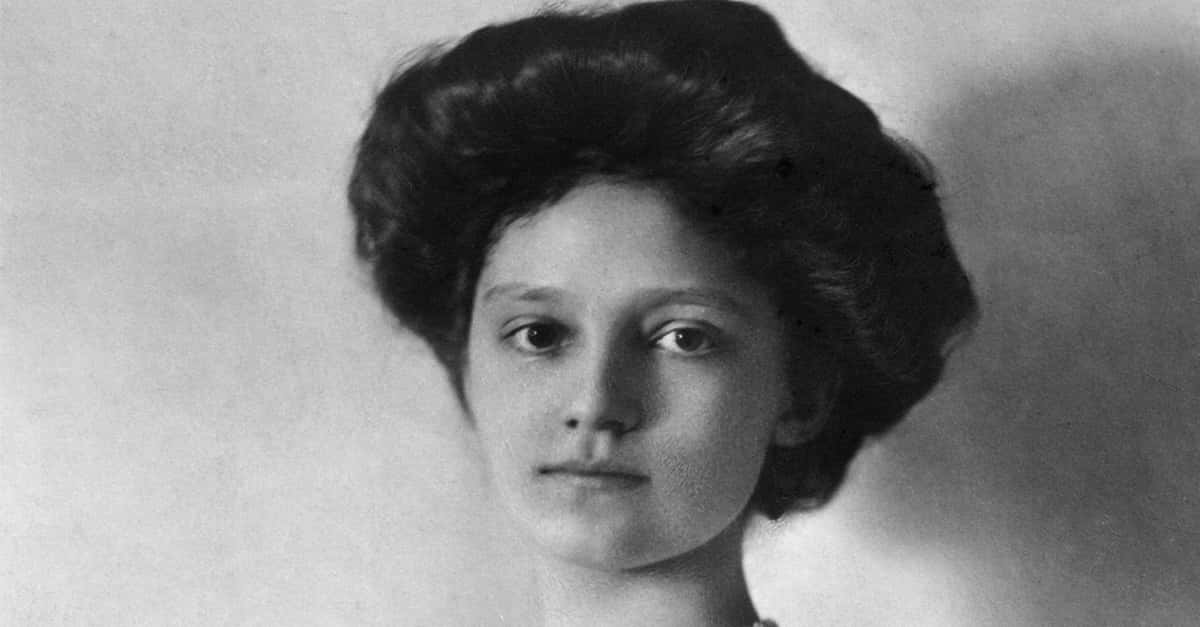A Brutal Tale
Alexander the Great, the King born in 356 BC in Macedon, went on a campaign that reshaped the ancient world. His insane story echoes through history for a reason: it's absolutely brutal.

Only A Few Men Had This Impact On The Course Of History
Alexander the Great's influence on history was profound. He spread Greek culture and ideas across his empire, blending them with local traditions. This led to new developments in art, science, administration, and language. Let's go back in time and see how it started.
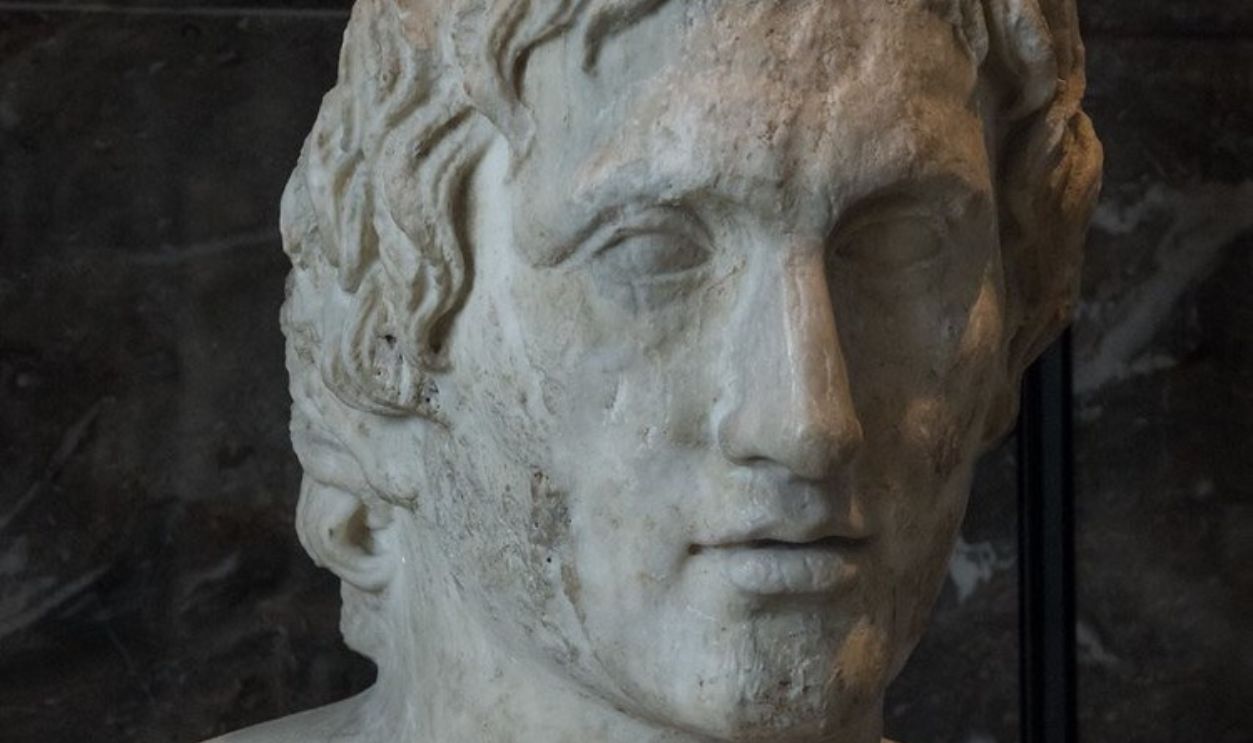 Alexander the Great by Lysippos, Wikimedia Commons
Alexander the Great by Lysippos, Wikimedia Commons
And Sparta Were The Most Powerful
By 500 BC, Athens and Sparta were two of the dominant city-states in ancient Greece. They were often rivals, but in 480 BC, they joined hands to fight a common enemy—the Persian Empire. Despite the earlier victories, the Greek city-states soon fell back into their internal conflicts.
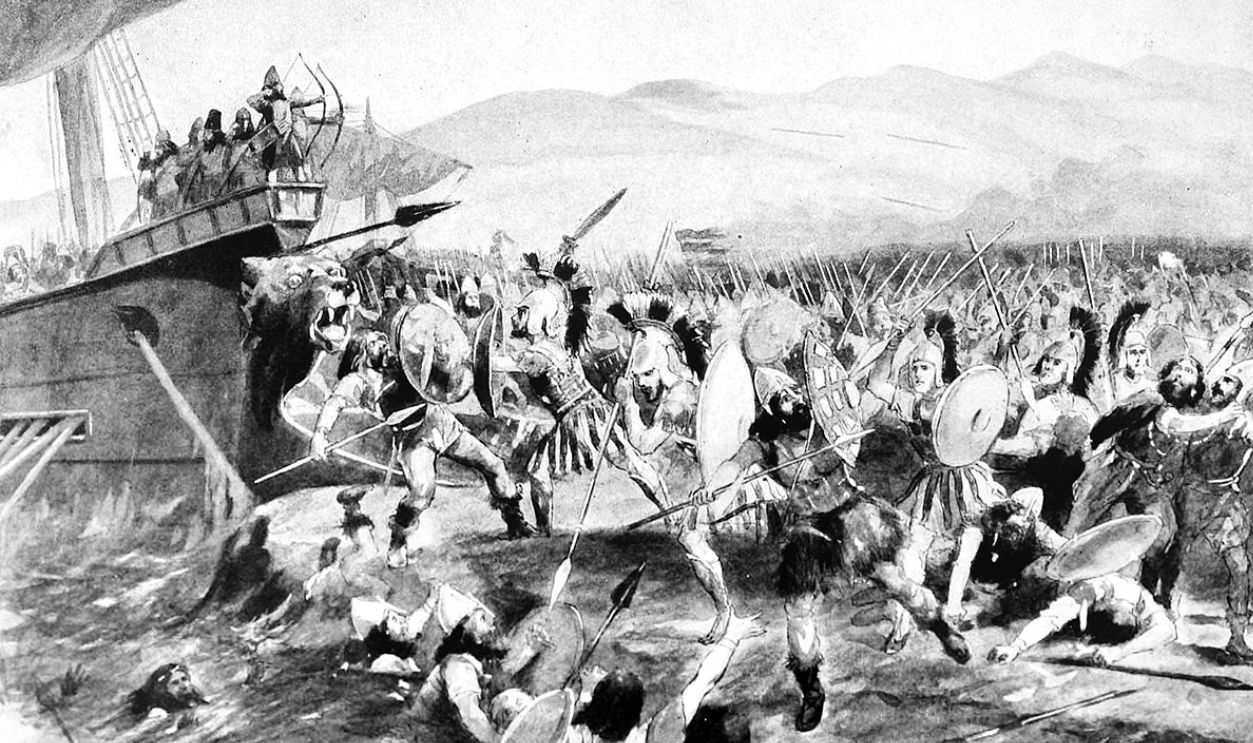 John Steeple Davis, Wikimedia Commons
John Steeple Davis, Wikimedia Commons
At This Time, Macedonia Emerged As A Strong Military
A powerful kingdom began to rise in the north. Philip II was the King of Macedon and built a strong army that used new military techniques. One of his key innovations, a long spear called Sarissa, gave his soldiers an advantage. He united the Greek city-states under the Hellenic League.
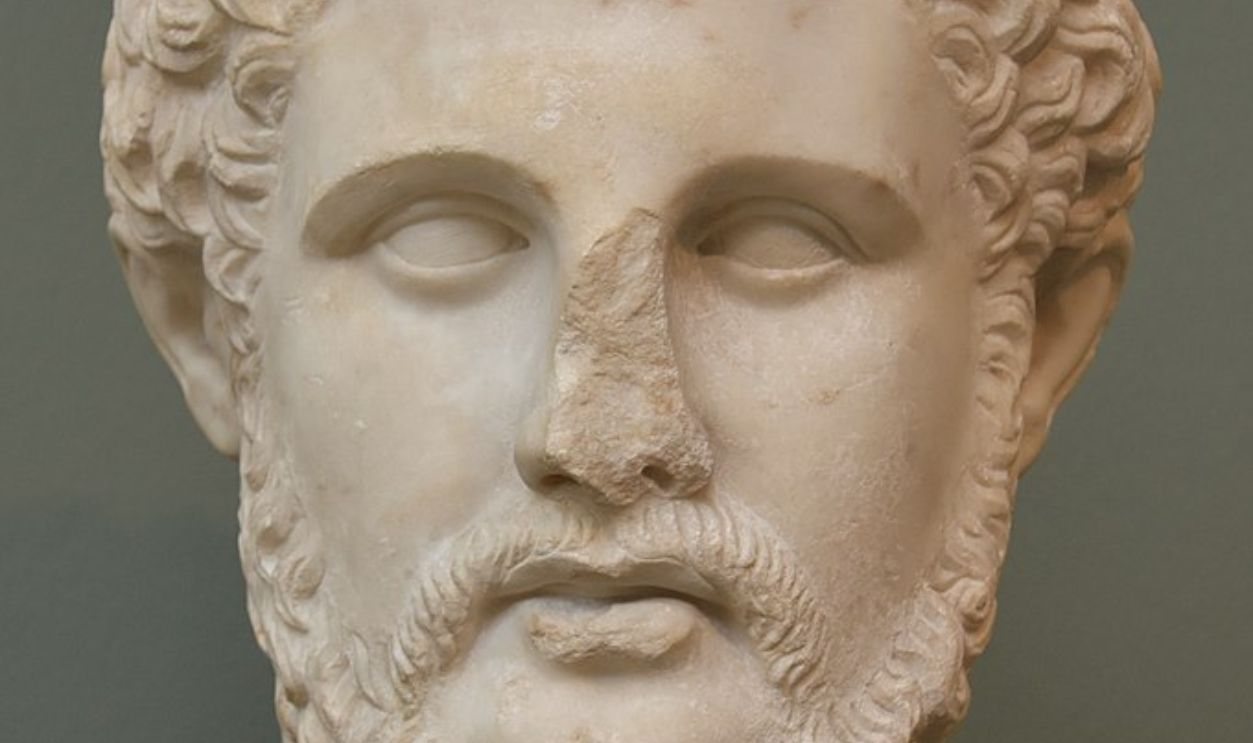 Richard Mortel, CC BY 2.0, Wikimedia Commons
Richard Mortel, CC BY 2.0, Wikimedia Commons
His 20-Year-Old Son Succeeded Him
When Philip II was assassinated, his son, the star of this article, became the King. Alexander was tutored by the famous Greek philosopher Aristotle and was determined to continue his father's plan to invade the Persian Empire and take revenge.
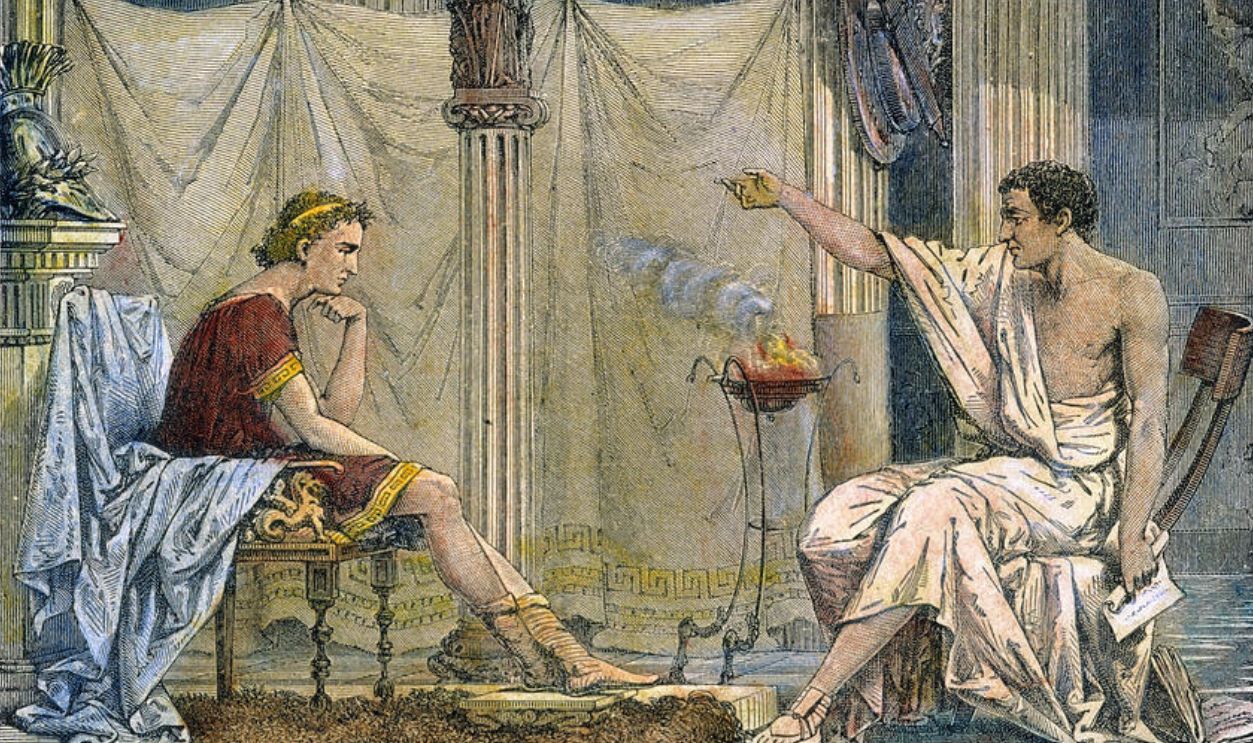 Charles Laplante, Wikimedia Commons
Charles Laplante, Wikimedia Commons
Alexander Started His Campaign
In 334 BC, Alexander the Great began his campaign with well-equipped 30,000 soldiers. The Persian Empire, under King Darius III, decided to fight rather than retreat when Alexander's army approached. They chose to face Alexander at the River Granicus.
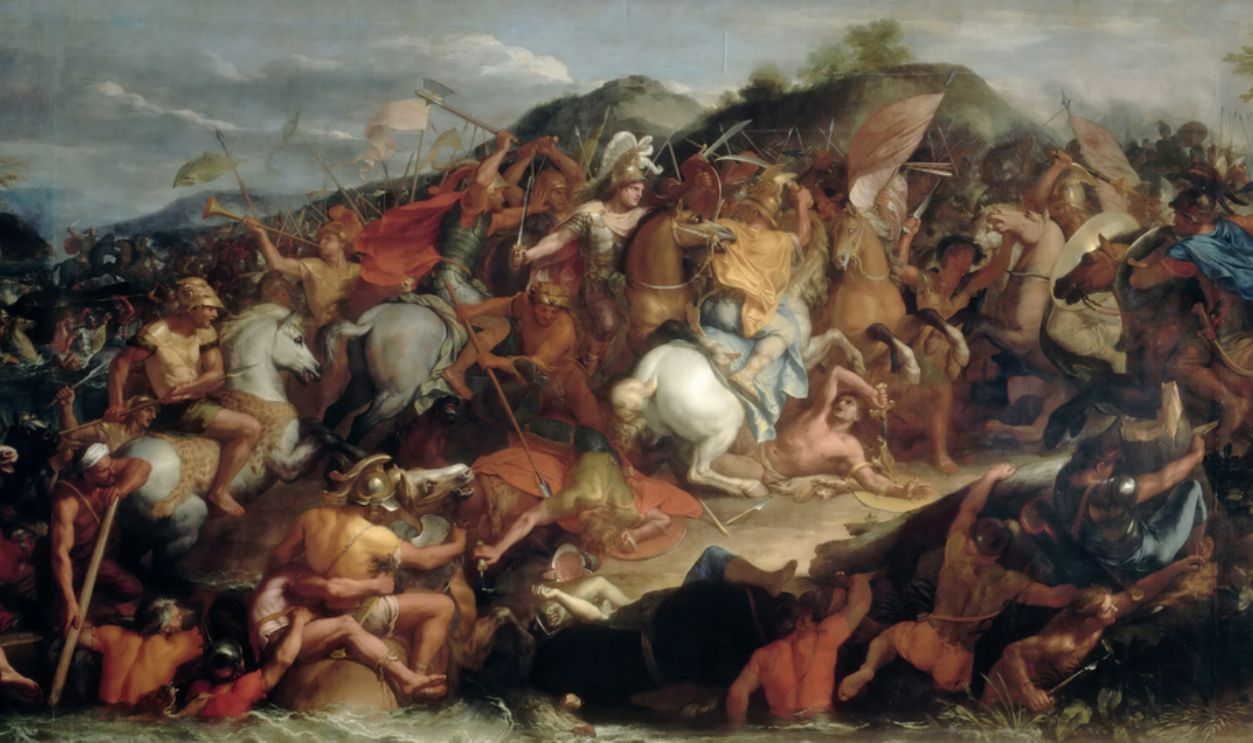 Charles Le Brun, Wikimedia Commons
Charles Le Brun, Wikimedia Commons
We Fight At Dawn
Historical sources mention that an army of at least 100,000 soldiers waited for the Greeks. Despite being outnumbered, Alexander's army attacked the Persians at dawn. This smart move took the Persian forces by surprise, gave Alexander an advantage, and his forces won.
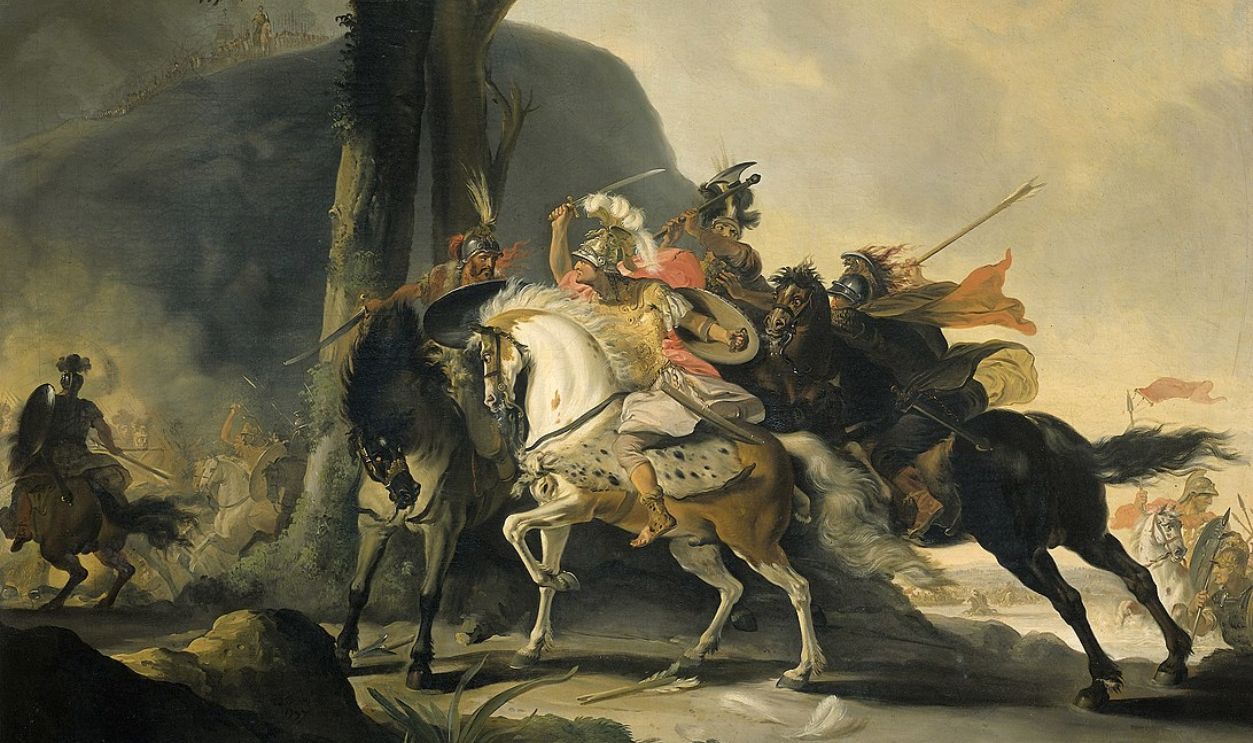 Cornelis Troost, Wikimedia Commons
Cornelis Troost, Wikimedia Commons
He Cut the Gordian Knot In Half
During his campaign, Alexander reached the city of Gordium, where he encountered the famous Gordian Knot. According to legend, the knot was an intricate puzzle, and whoever untied it would rule over Persia. Alexander the smarty pants cut it in half with his sword.
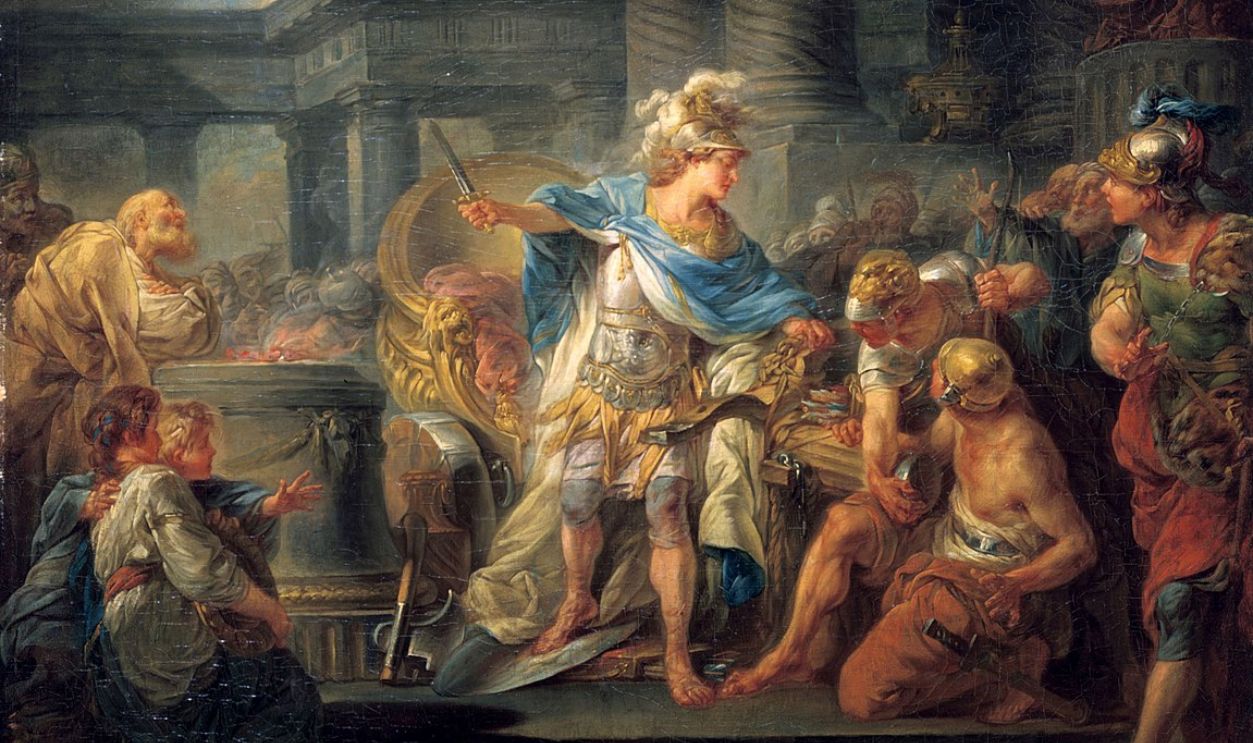 Jean-Simon Berthélemy, Wikimedia Commons
Jean-Simon Berthélemy, Wikimedia Commons
King Darius III Wanted To Trap Alexander's Army
King Darius III of Persia wanted to trap Alexander's army in Syria with 100,000 soldiers in the Battle of Issus in 333 BC. Darius III ended up fleeing the battlefield in his royal chariot, and the rest of his army was massacred. So much for being a King, huh?
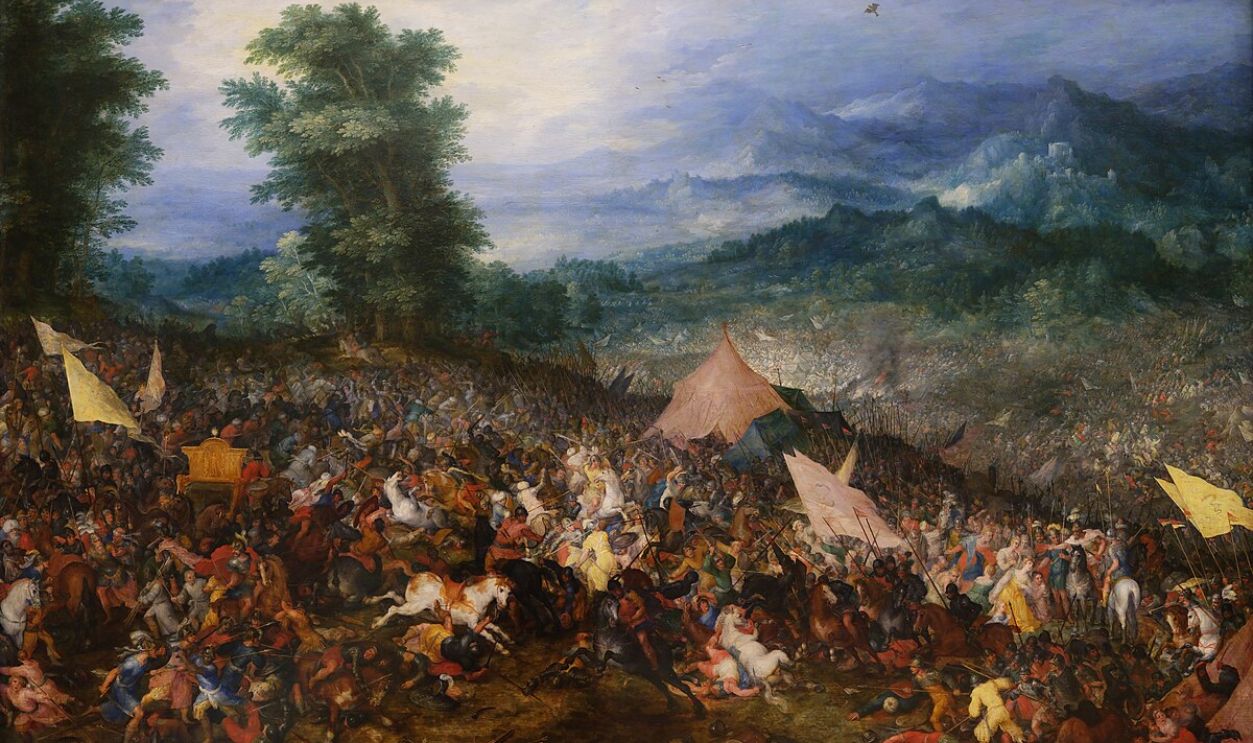 Jan Brueghel the Elder, Wikimedia Commons
Jan Brueghel the Elder, Wikimedia Commons
The Persian Dead Filled A Ravine
After the Battle of Issus, a leader remarked there were so many Persians dead that they could fill a deep ravine, allowing Alexander's army to cross over it. Alexander took Darius III's wife, mother, and three children but treated them with kindness.
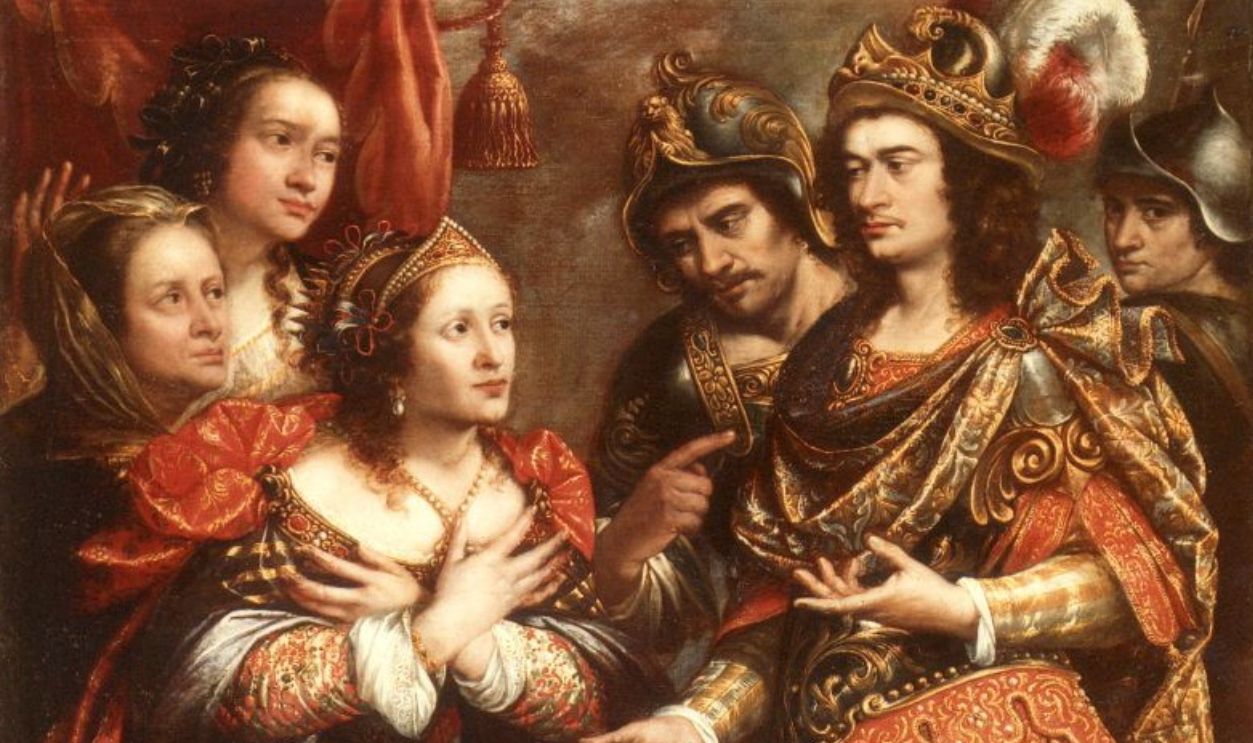 Justus Sustermans, Wikimedia Commons
Justus Sustermans, Wikimedia Commons
Phoenicia Submitted To Alexander
In 332 BC, Alexander conquered Phoenicia, a region known for its strong naval power. Although the island city of Tyre resisted, Alexander's army built a causeway and broke the city walls after seven months. It marked the end of Persian naval influence in the Mediterranean.
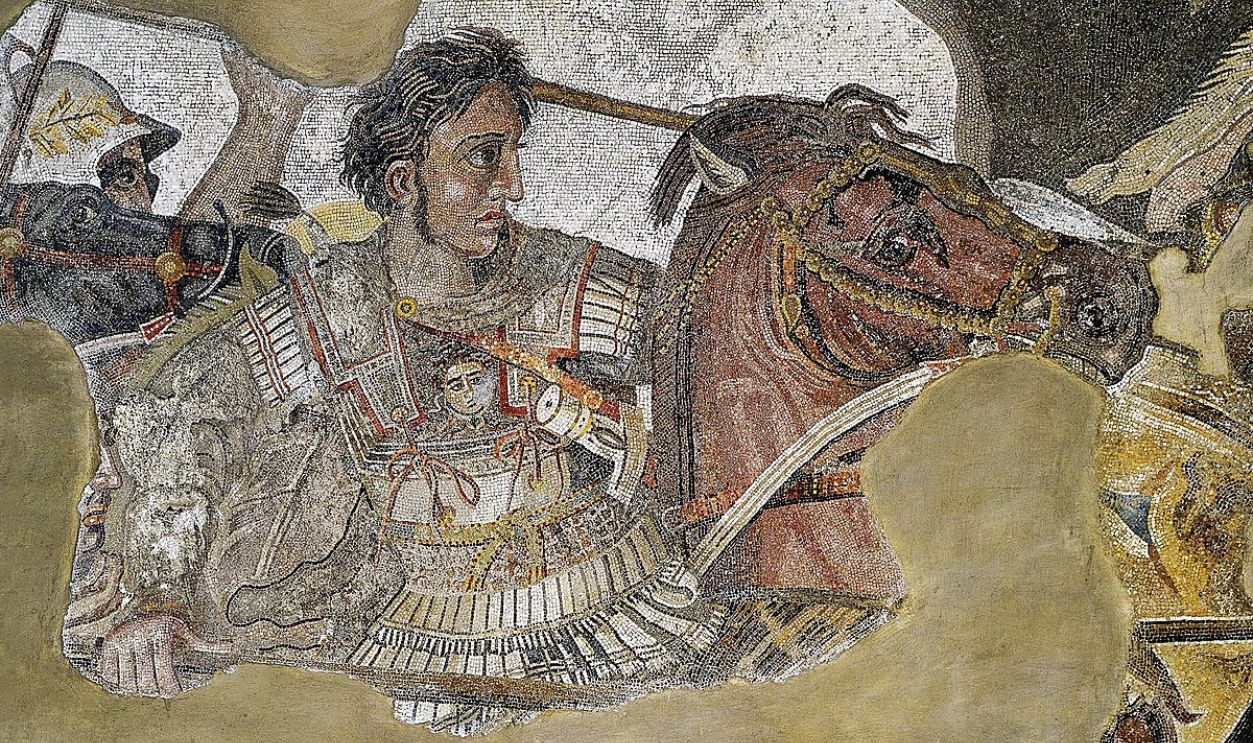 Unknown Author, Wikimedia Commons
Unknown Author, Wikimedia Commons
Alexander Took Over Gaza
Powered by his victory, Alexander continued his campaign by capturing Gaza and then moved on to Pelusium in Egypt. The governor of Pelusium gave him access to the royal treasury, providing additional resources for his campaign.
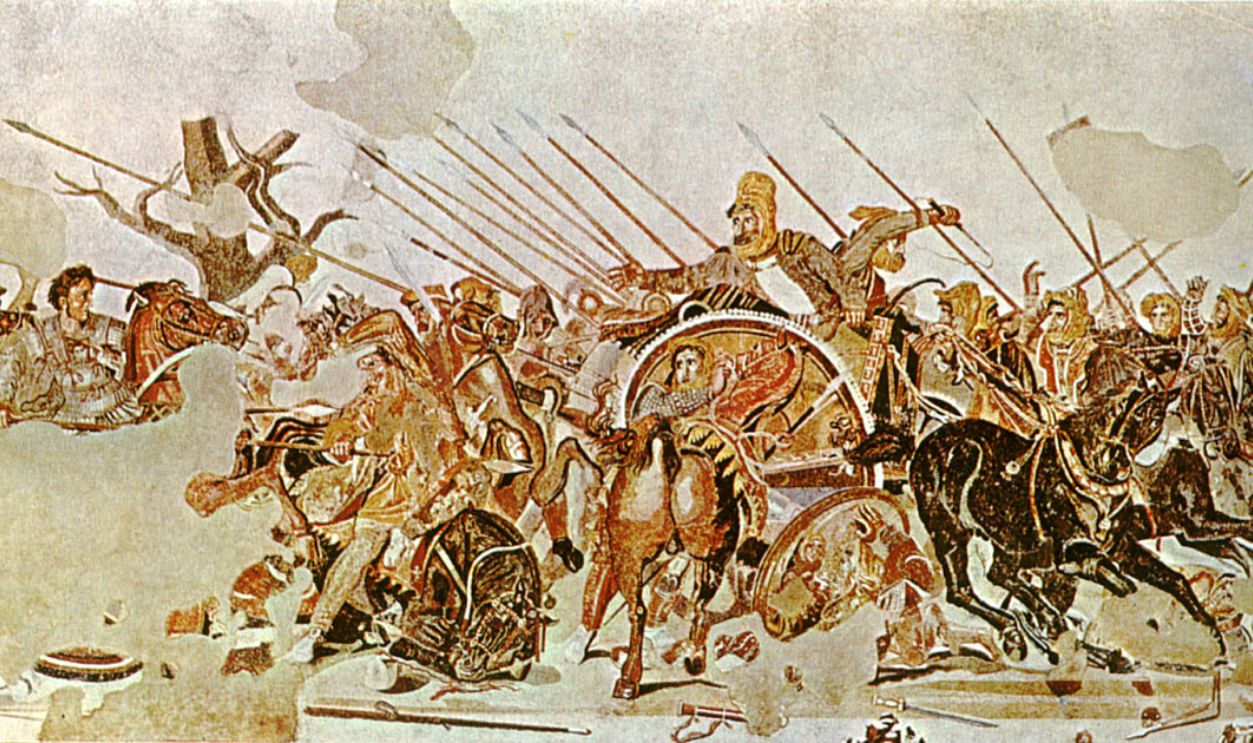 Naples National Archaeological Museum, Wikimedia Commons
Naples National Archaeological Museum, Wikimedia Commons
At Memphis, Egyptians Crowned Him Pharaoh
Egyptian cities showed no resistance. When Alexander arrived in Memphis, the Egyptians welcomed him as a liberator from Persian rule. They crowned him Pharaoh, acknowledging his power and the relief they felt from Persian control. Status change: incoming! But before that…
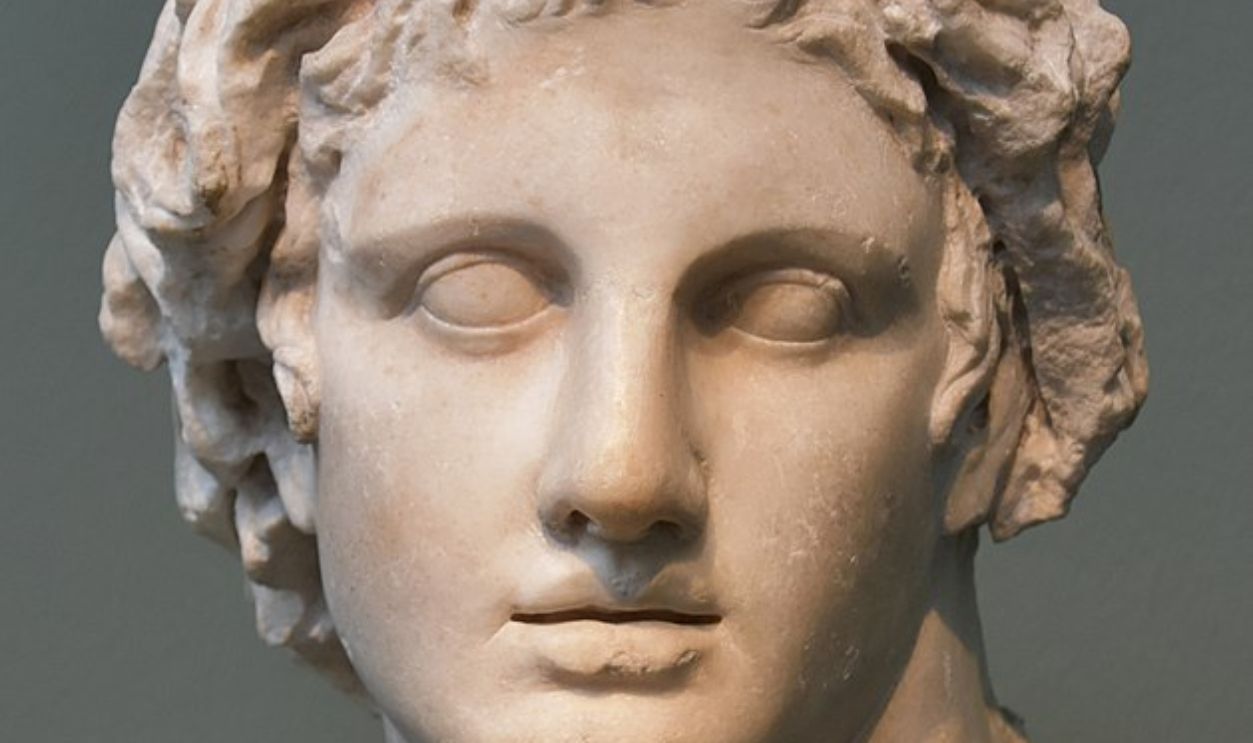 Richard Mortel, CC BY 2.0, Wikimedia Commons
Richard Mortel, CC BY 2.0, Wikimedia Commons
Birth Of Alexandria
Alexander the Great founded a new city in the north and called it Alexandria. He then traveled to Siwa, where he wanted to visit the Oracle of Amun. He was fascinated by Egyptian culture and wanted to be recognized by the Egyptians as a divine king.
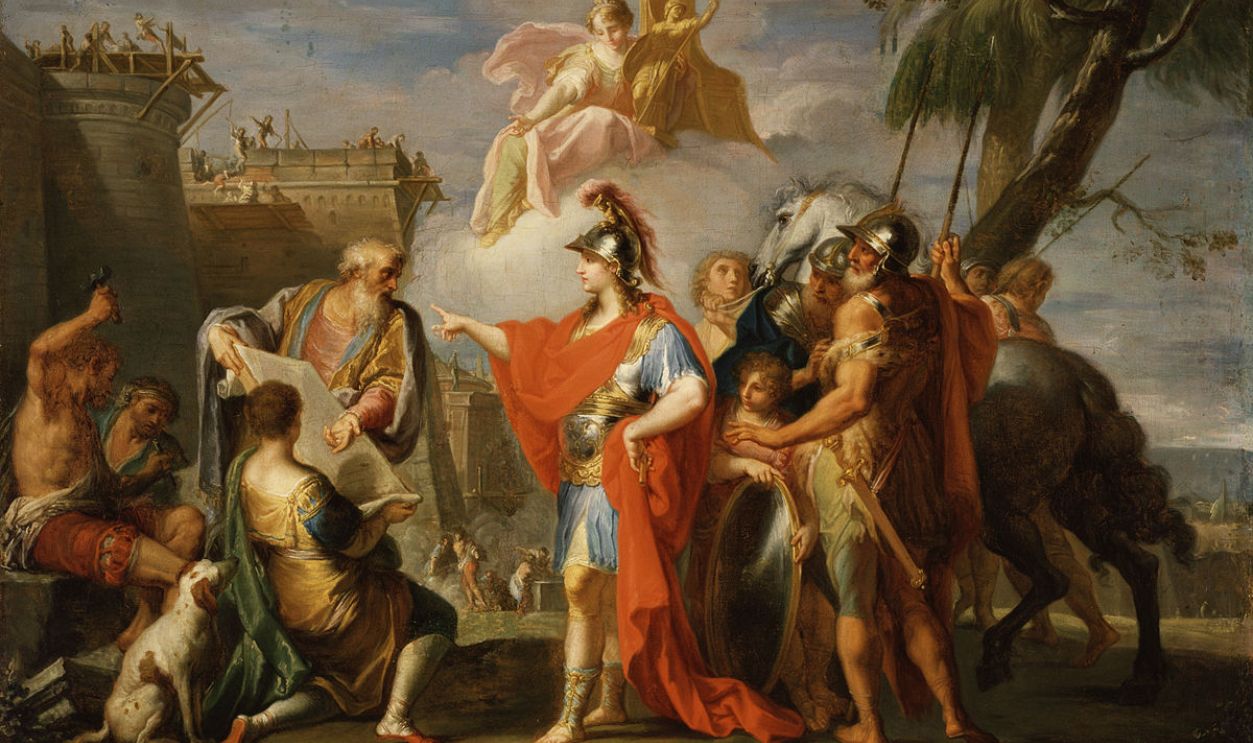 Placido Costanzi, Wikimedia Commons
Placido Costanzi, Wikimedia Commons
Status Change: King To God
When Alexander arrived in Siwa, the priests greeted him as the Son of Amun. Amun was the King of gods in Egyptian religion, and this recognition boosted Alexander's status and helped him gain the support of the Egyptians.
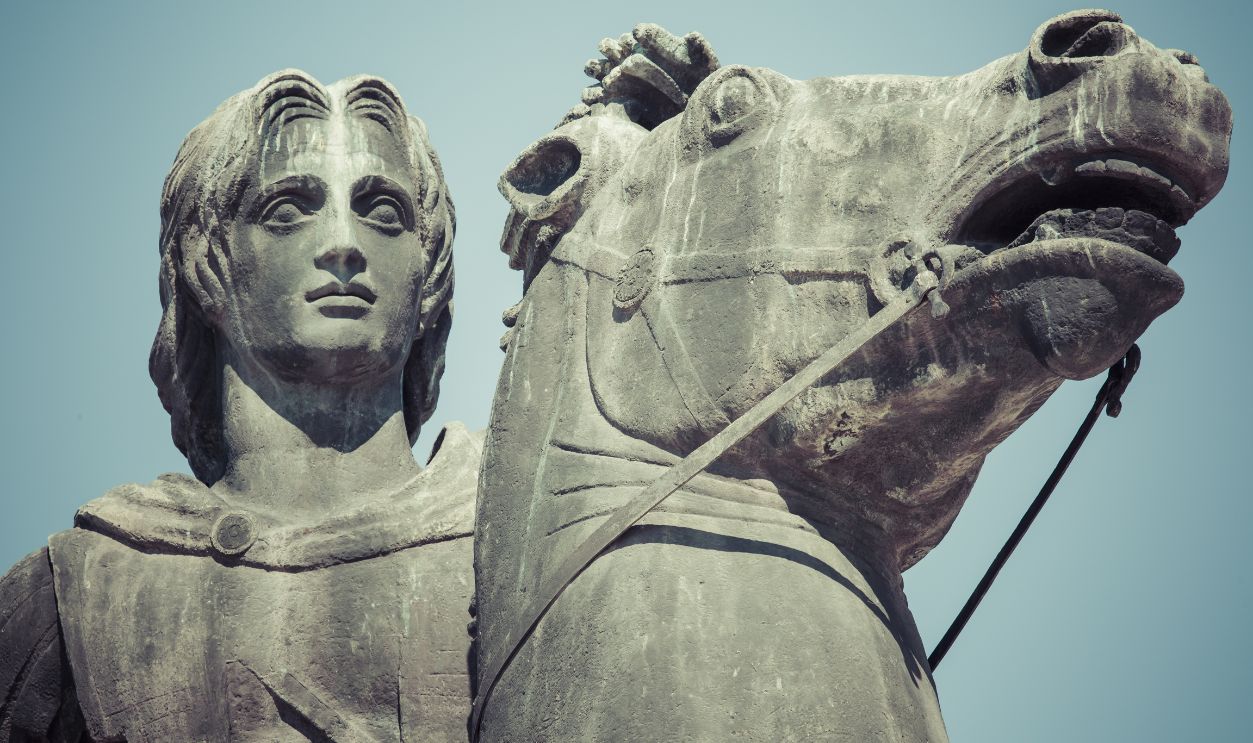 Curioso.Photography, Shutterstock
Curioso.Photography, Shutterstock
He Went Back To Tyre In 331 BC
In 331 BC, Alexander returned to the city of Tyre. Back home, many Greeks thought Alexander was acting like a tyrant despite his victories over the Persians. Alexander had to find a way to stop the unrest back in Greece and secure his kingdom.
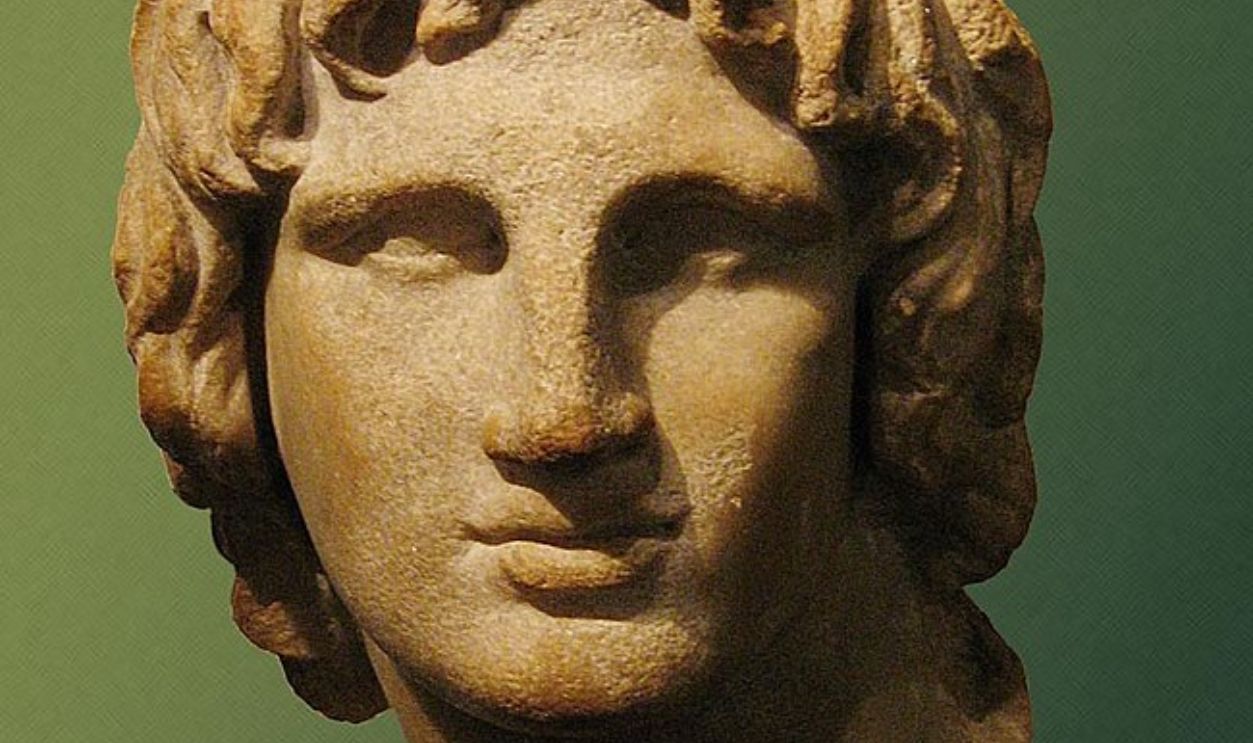 British Museum, CC BY-SA 2.0, Wikimedia Commons
British Museum, CC BY-SA 2.0, Wikimedia Commons
King Of Sparta Launched A Revolt
King Agis of Sparta led a revolt against him. Agis received support from the Persians, hoping to use the unrest to weaken Alexander's power. However, Alexander's forces decisively defeated the Spartans near Megalopolis, restoring his control over Greece.
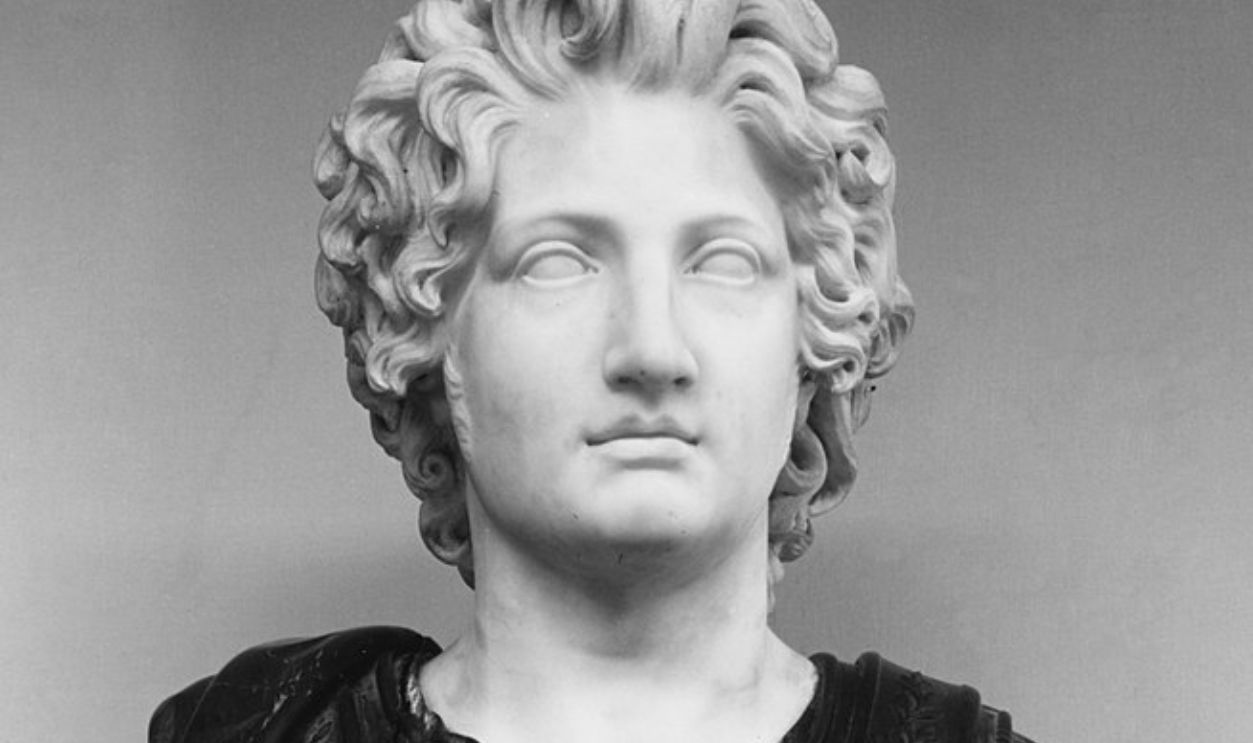 Metropolitan Museum of Art, CC0, Wikimedia Commons
Metropolitan Museum of Art, CC0, Wikimedia Commons
Advancing into The Persian Heartlands
With Greece secured and his enemies gone, Alexander turned his attention back to his main goal—conquering the Persian Empire. He began his campaign marching towards the heart of Persia, aiming to capture its key territories.
Darius Offered Him Half of Persia For Peace
The Persian ruler knew Alexander was unstoppable. In an attempt to make peace, King Darius III of Persia offered Alexander half of his empire and his daughter in marriage. Alexander refused the offer because why accept a sliver when he could take the whole pie?
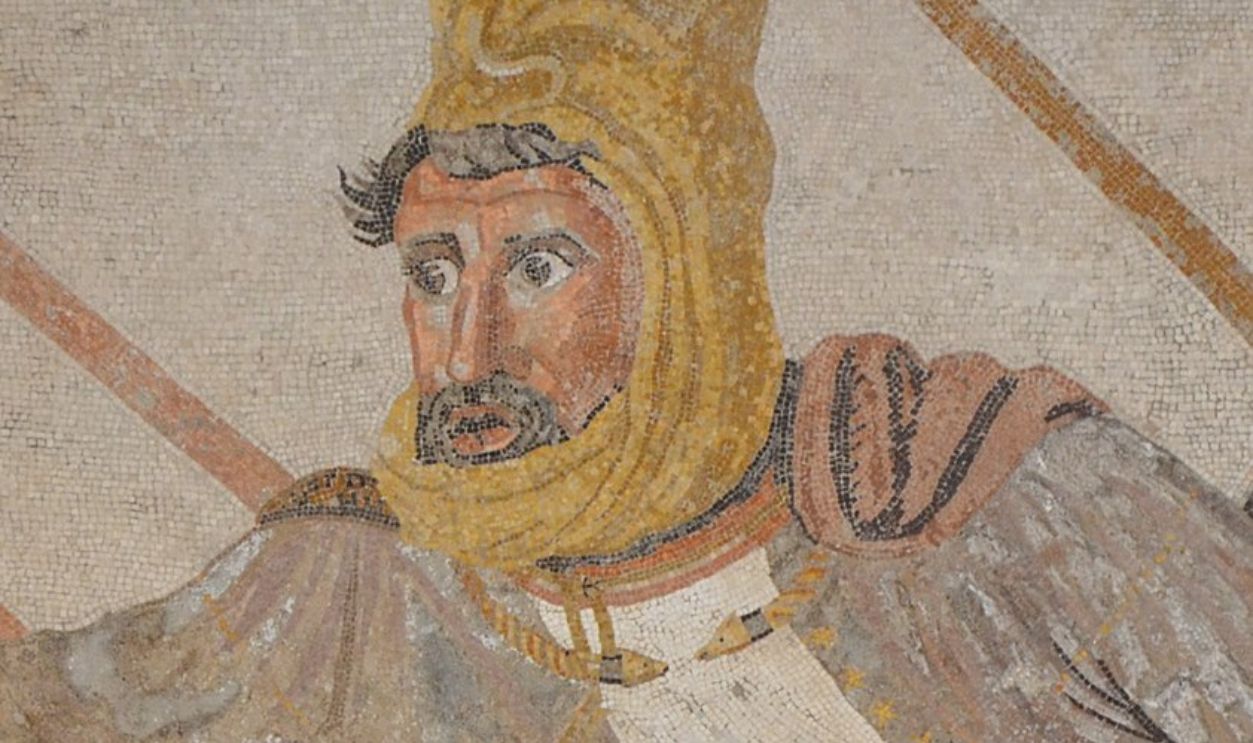 Carole Raddato, CC BY-SA 2.0, Wikimedia Commons
Carole Raddato, CC BY-SA 2.0, Wikimedia Commons
The Persian King Prepared A Big Army
Darius III gathered a massive army to face Alexander. The army was assembled near Gaugamela and included troops from Syria, India, Babylonia, Armenia, and Central Asia. They also had war chariots and war elephants, making them a formidable force.
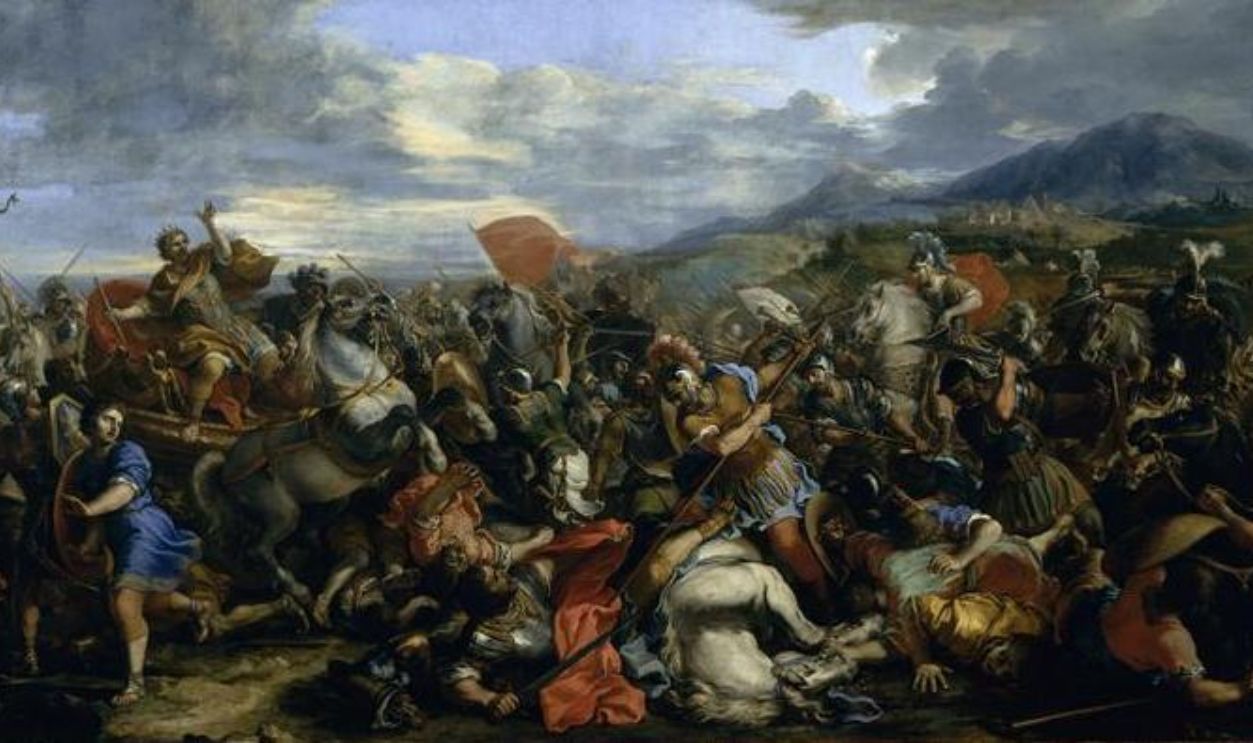 Jacques Courtois, Wikimedia Commons
Jacques Courtois, Wikimedia Commons
Alexander Surprised the Persians at Gaugamela
Alexander's clever tactic to encircle the large Persian army surprised them and helped him gain an advantage. Darius III ordered his chariots to attack, but the army's center was weakened. As the battle turned against them, many Persian soldiers packed their bags and ran.
Harsh Consequences
The battle at Gaugamela was one of the bloodiest Alexander ever fought. Despite losing sixty of his companions, Alexander ultimately achieved victory. Darius III fled the battlefield, again (!), marking a significant defeat for the Persians, who lost thousands of soldiers during the fight.
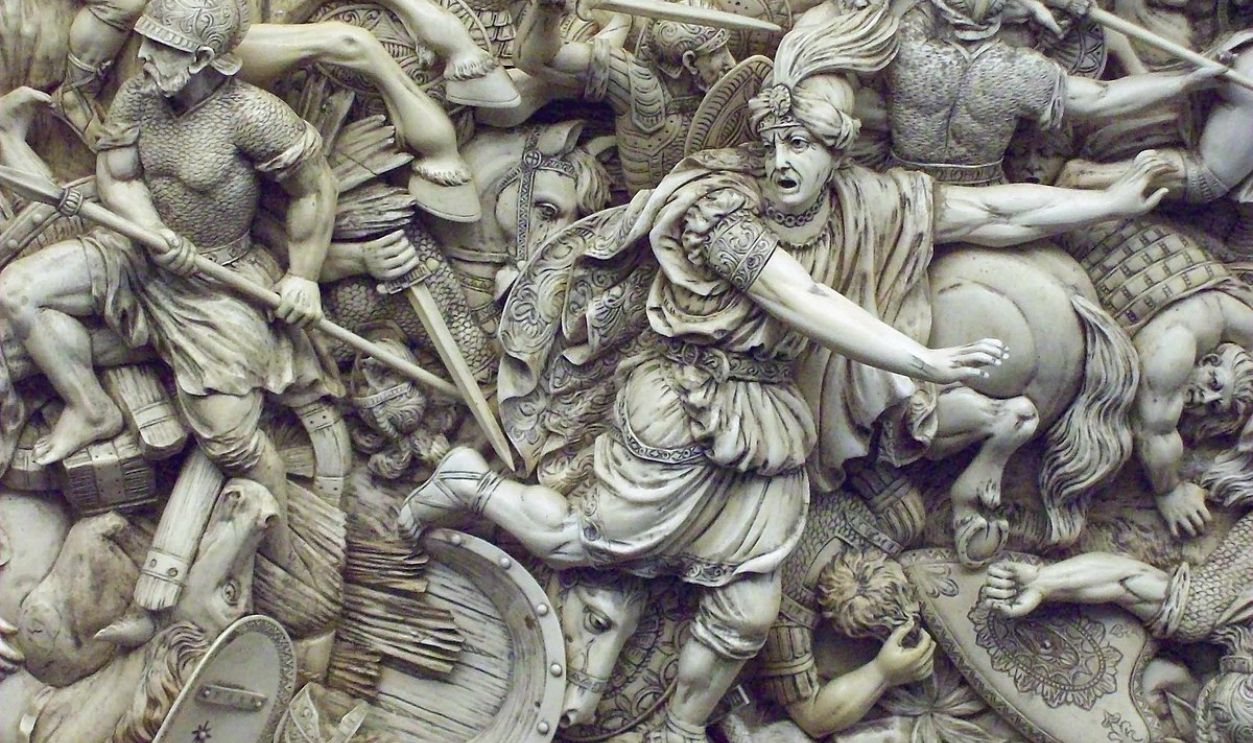 Luis Garcia, CC BY-SA 3.0, Wikimedia Commons
Luis Garcia, CC BY-SA 3.0, Wikimedia Commons
Alexander Marched To Babylon
After his victory, Alexander marched to a key city in the Persian Empire, Babylon. The local leaders in Babylon accepted Alexander as their ruler, recognizing his power and influence. Finally, Alexander sat on the throne of one of the main capitals of Persia.
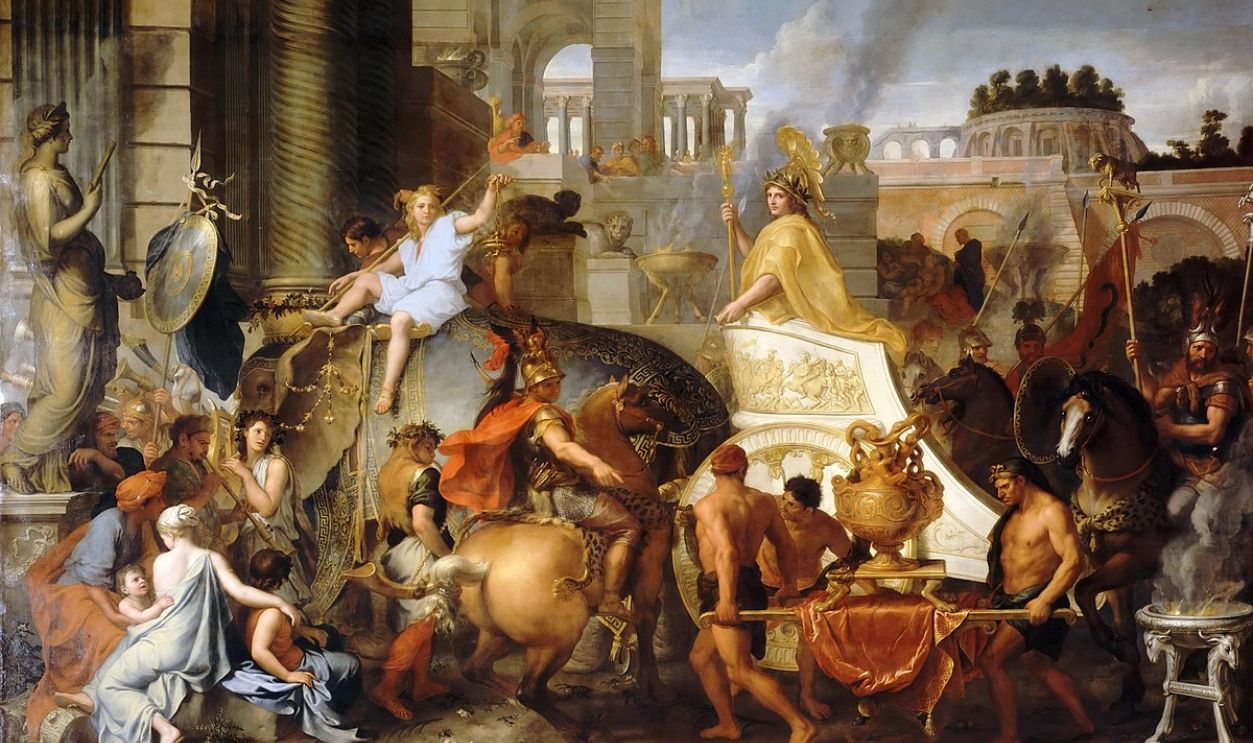 Charles Le Brun, Wikimedia Commons
Charles Le Brun, Wikimedia Commons
At Persian Gates, A Persian Army Held Him For Months
After winning several battles, Alexander the Great faced a strong Persian army at Persian Gates. The Persians fought for several months, but Alexander overcame their defenses. He continued his journey and reached Persepolis, the ceremonial capital of the Persian Empire, in 330 BC.
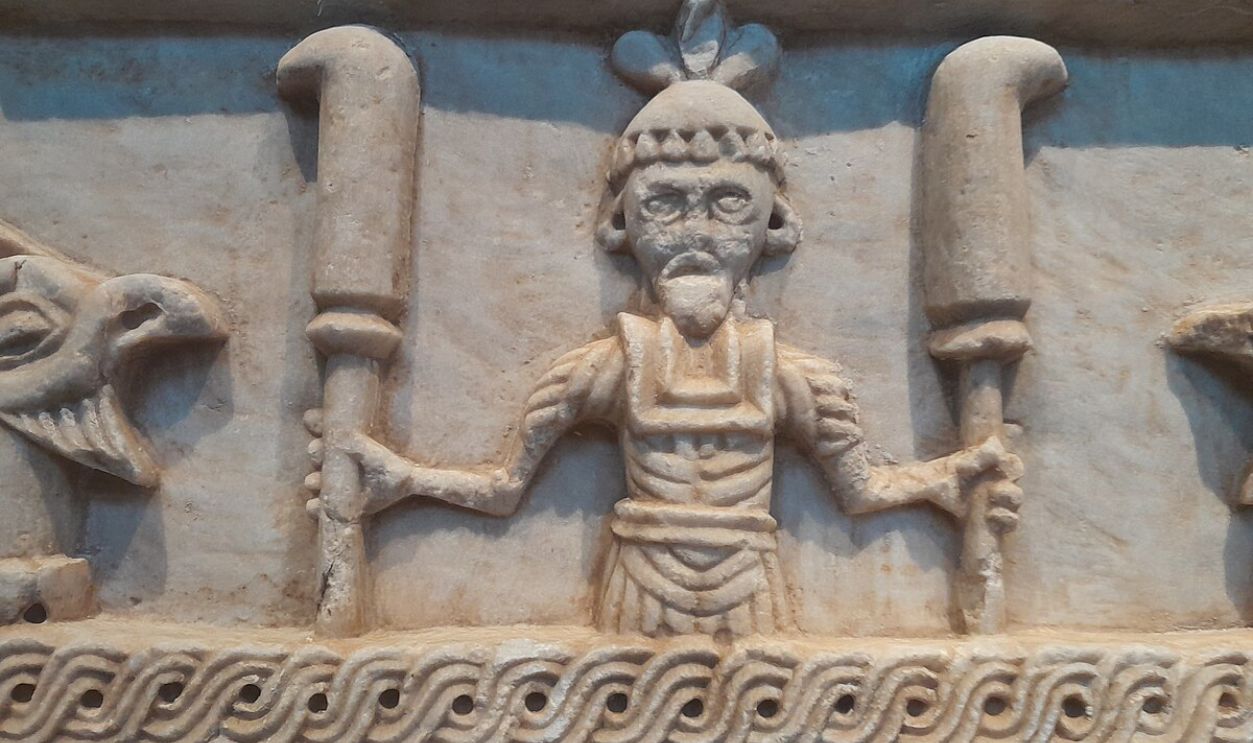 Deiadameian, CC BY-SA 4.0, Wikimedia Commons
Deiadameian, CC BY-SA 4.0, Wikimedia Commons
Alexander The Arsonist
In true Harley Quinn fashion, Alexander decided to burn the city instead of acting as a liberator. This act was a form of revenge for the Persian destruction of Athens' sacred temples in 480 BC during the earlier Persian invasions of Greece. Basically, tit for tat.
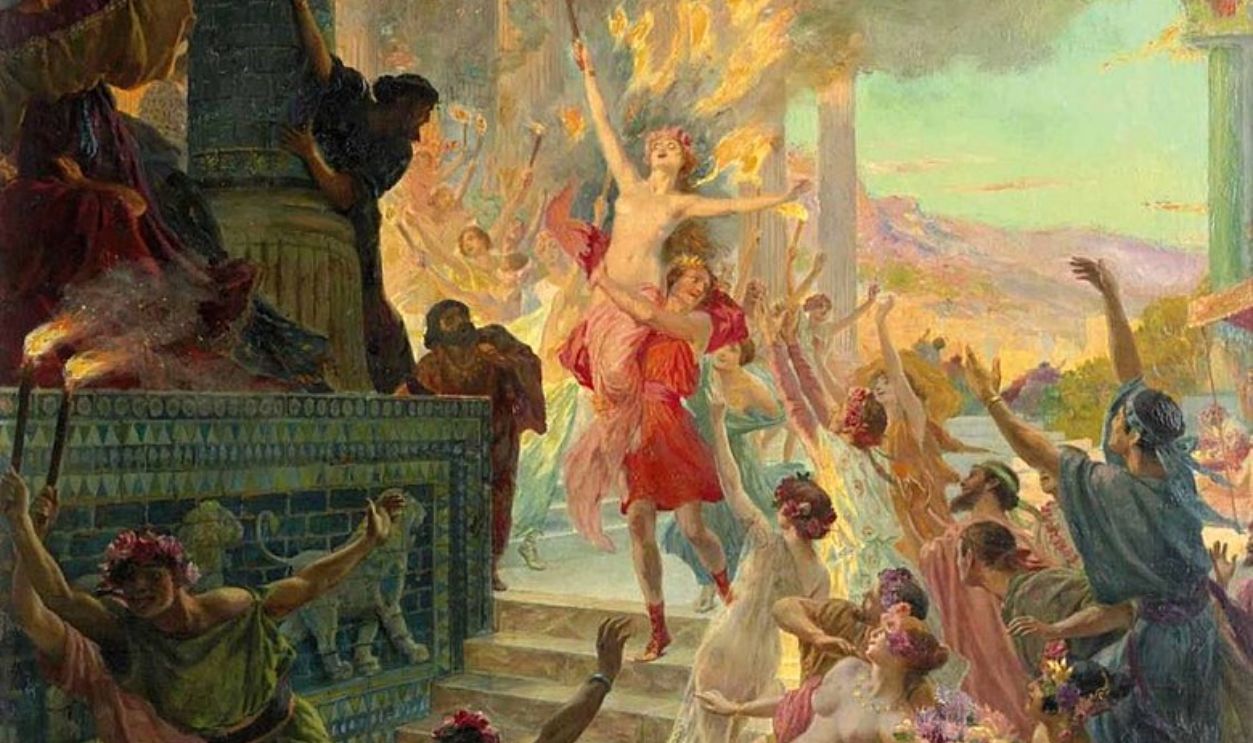 Georges Rochegrosse, Wikimedia Commons
Georges Rochegrosse, Wikimedia Commons
Manhunt
After dealing with Persepolis, Alexander moved north for Darius III, who fled to Ecbatana. Alexander wanted to defeat Darius to secure his control over the Persian Empire. Persian cities showed no resistance, as Alexander chased his enemy.
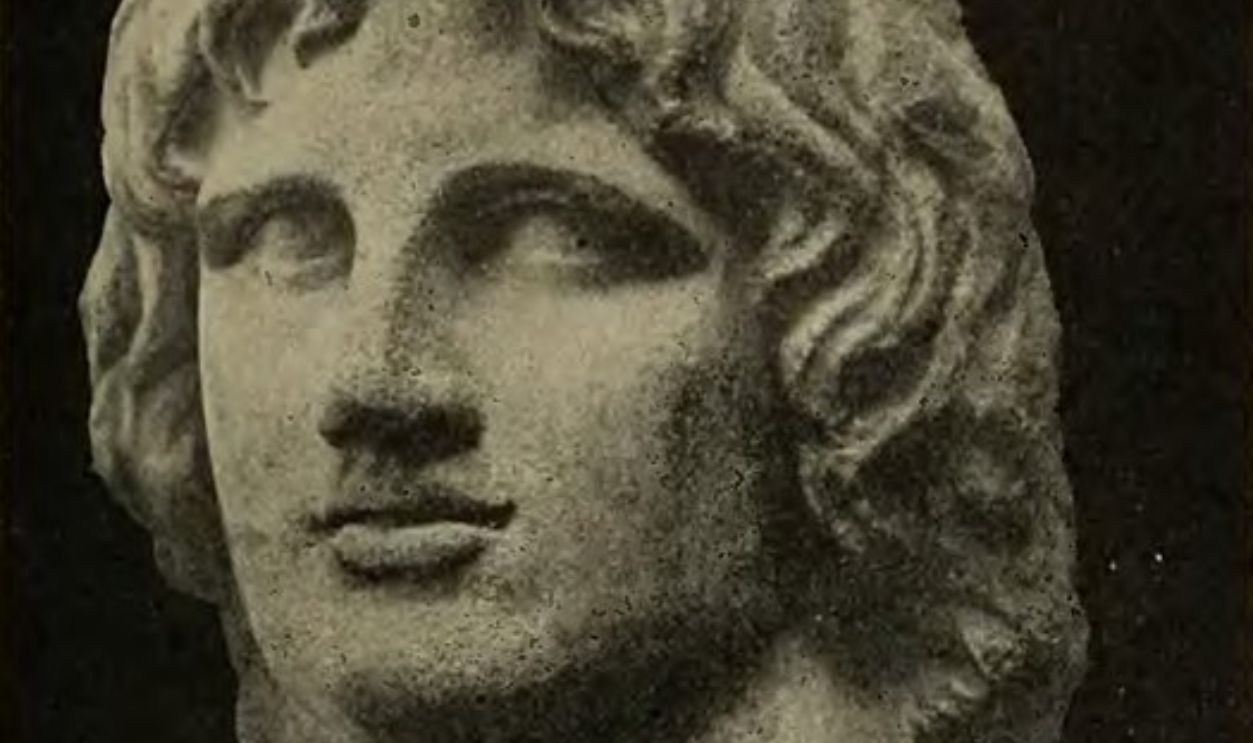 Unknown Photographer, Wikimedia Commons
Unknown Photographer, Wikimedia Commons
Darius III Tried To Flee East To Raise A New Army
Darius III didn't know that he had more to worry about. He tried to escape east to build a new army, but he was killed by one of his governors, Bessus. After his death, Bessus declared himself the new ruler of the Persian Empire.
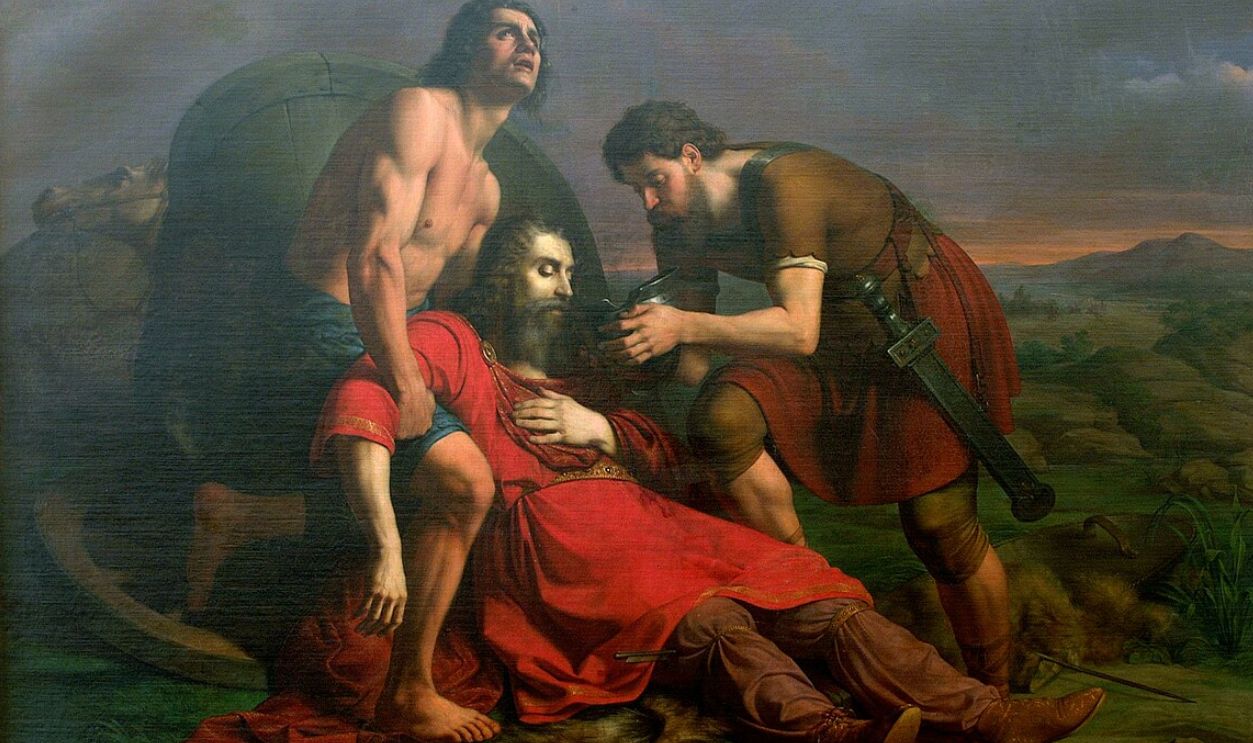 Pinacoteca Nazionale di Bologna, Wikimedia Commons
Pinacoteca Nazionale di Bologna, Wikimedia Commons
Darius III Was Buried In The Royal Tombs of Persepolis
In a gesture of respect, Alexander ordered that Darius III be buried in the royal tombs at Persepolis alongside his ancestors. He wanted to show his recognition of Darius' status as a king and his desire to honor the traditions of the Persian Empire.
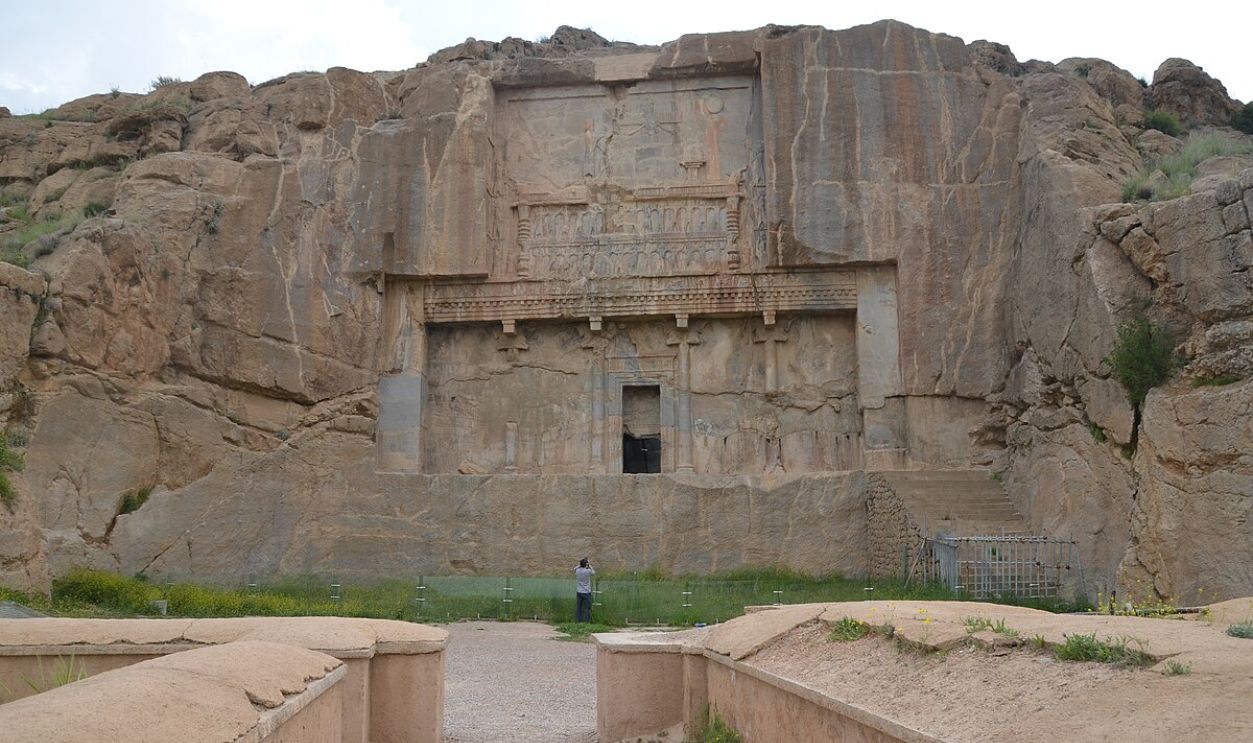 Carole Raddato, CC BY-SA 2.0, Wikimedia Commons
Carole Raddato, CC BY-SA 2.0, Wikimedia Commons
He Paused To Organize His Vast Empire
Alexander took time to organize his new empire. He appointed viceroys, or regional governors, to manage different parts of the empire on his behalf. To maintain stability, he kept several Persian officials in their positions.
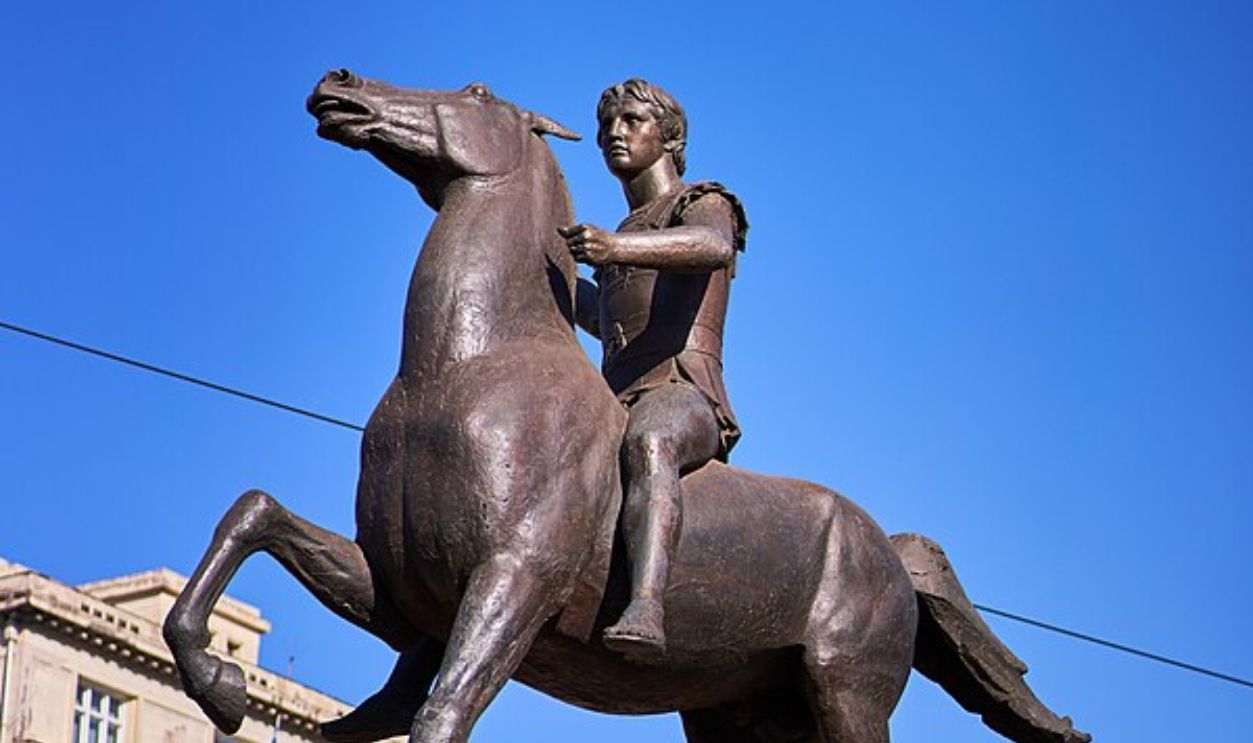 George E. Koronaios, CC BY-SA 4.0, Wikimedia Commons
George E. Koronaios, CC BY-SA 4.0, Wikimedia Commons
Founder Of Yet Another City
In the region of Aria, Alexander defeated the local rebels and established a new city called Alexandria Ariana. This city was one of many he founded and named after himself, symbolizing his extensive reach and influence across his empire. Narcissistic much?
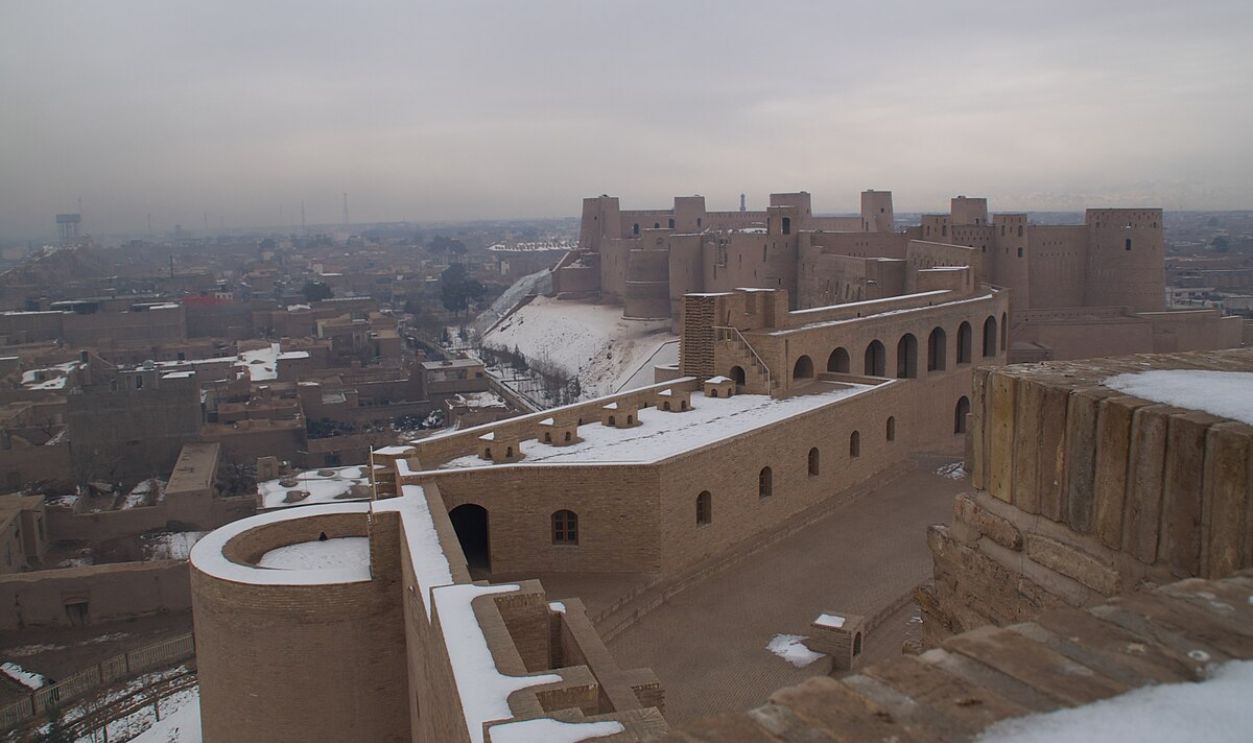 Todd Huffman from Phoenix, AZ, CC BY 2.0, Wikimedia Commons
Todd Huffman from Phoenix, AZ, CC BY 2.0, Wikimedia Commons
He Found Out That Philotas Was Plotting To Kill Him
While at Phrada, Alexander discovered that Philotas, the son of his trusted friend and general, Parmenion, was involved in a conspiracy to assassinate him. Alexander executed him and sent assassins to Ecbatana to kill Parmenion, who was serving as governor before he even knew of Philotas's death.
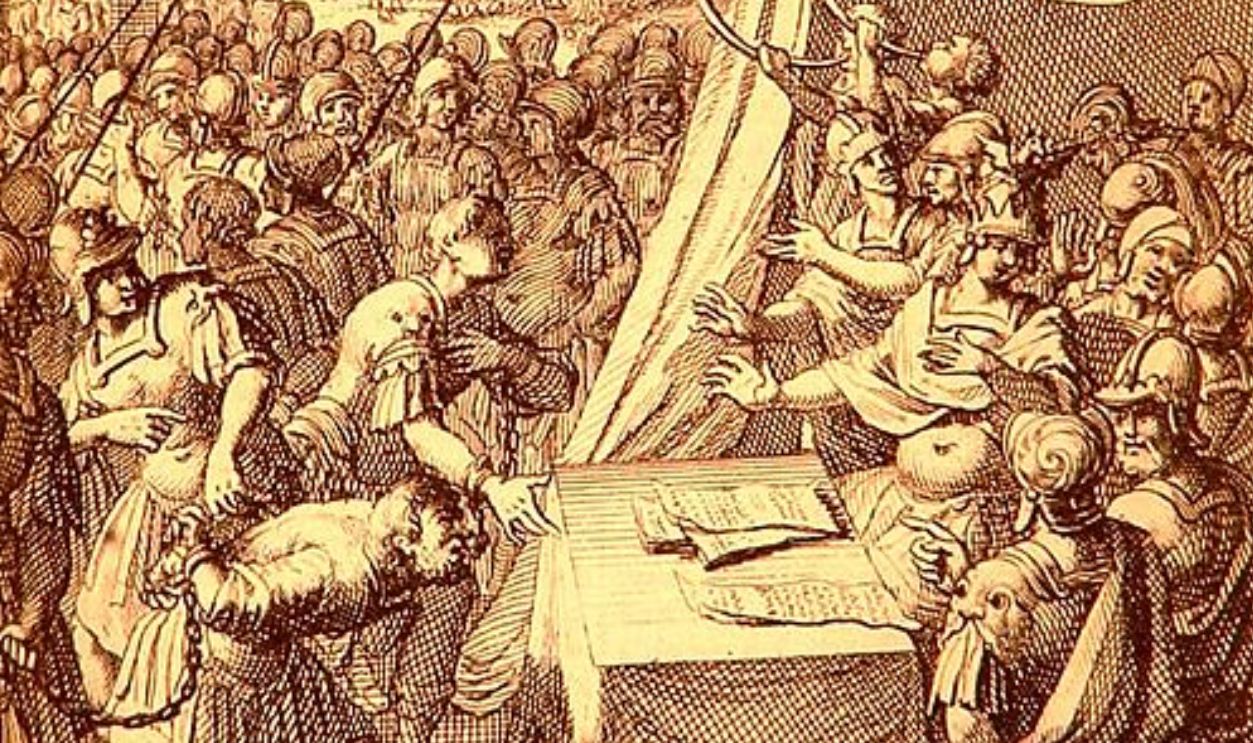 Unknown Author, Wikimedia Commons
Unknown Author, Wikimedia Commons
He Resumed His Pursuit of Bessus
In 329 BC, Alexander resumed his chase of Bessus, the Persian usurper. However, he didn't have to fight as the traitor was chained by his people. Alexander eventually had him executed and was relieved he got rid of a worrying rival.
One More City On The List
Alexander continued his campaign northward and founded a new city named Alexandria Eschate, which means Alexandria the Furthest. This new city showed his desire to expand his control to reach the end of the Persian Empire.
Alexander Versus The Scythians
Alexander faced and defeated the Scythians, a group of nomadic warriors from the north who frequently raided his territory. However, he was frustrated by the ongoing conflicts with various fighting tribes that disrupted the peace in his empire.
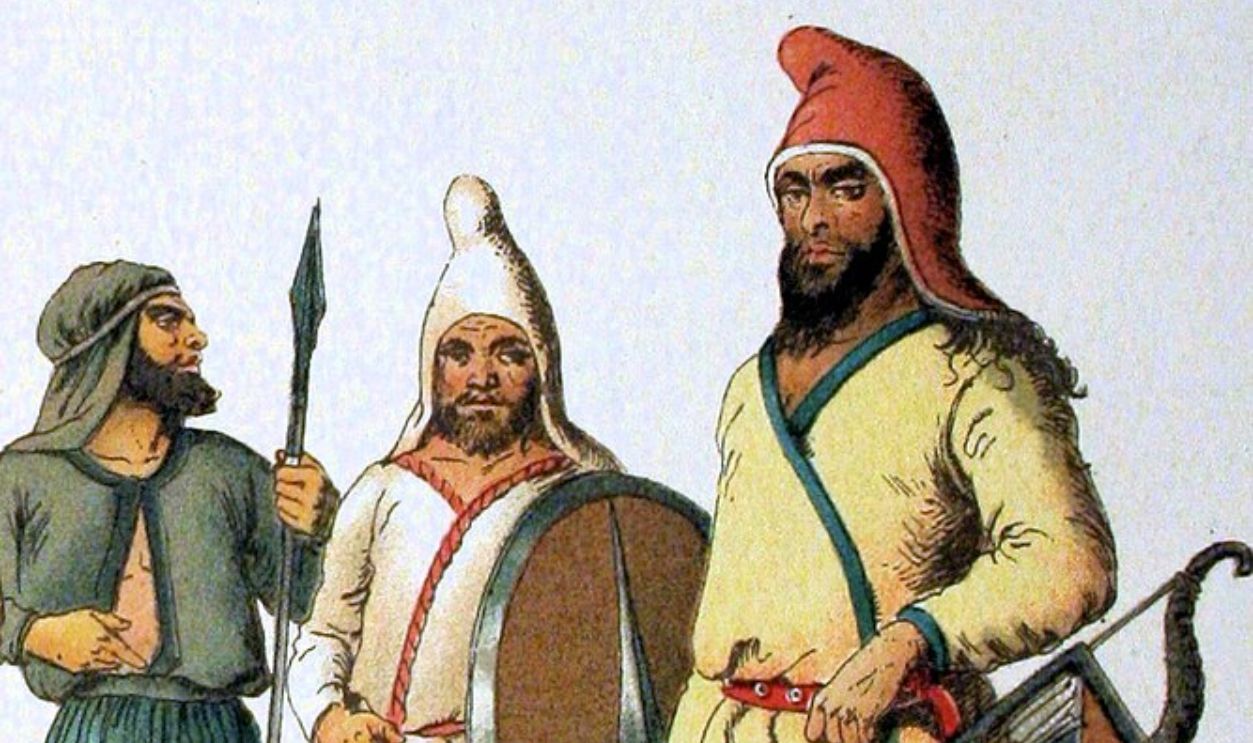 Kretschmer, painters and costumer to the Royal Court Theatre, Wikimedia Commons
Kretschmer, painters and costumer to the Royal Court Theatre, Wikimedia Commons
Many Of His Troops Were Unhappy
Alexander's troops had been away from home for years and disliked Alexander's adoption of Persian customs. The soldiers' refusal to bow to him in Persian style further fueled tensions. Alexander feared they might kill him. Who can blame them, though?
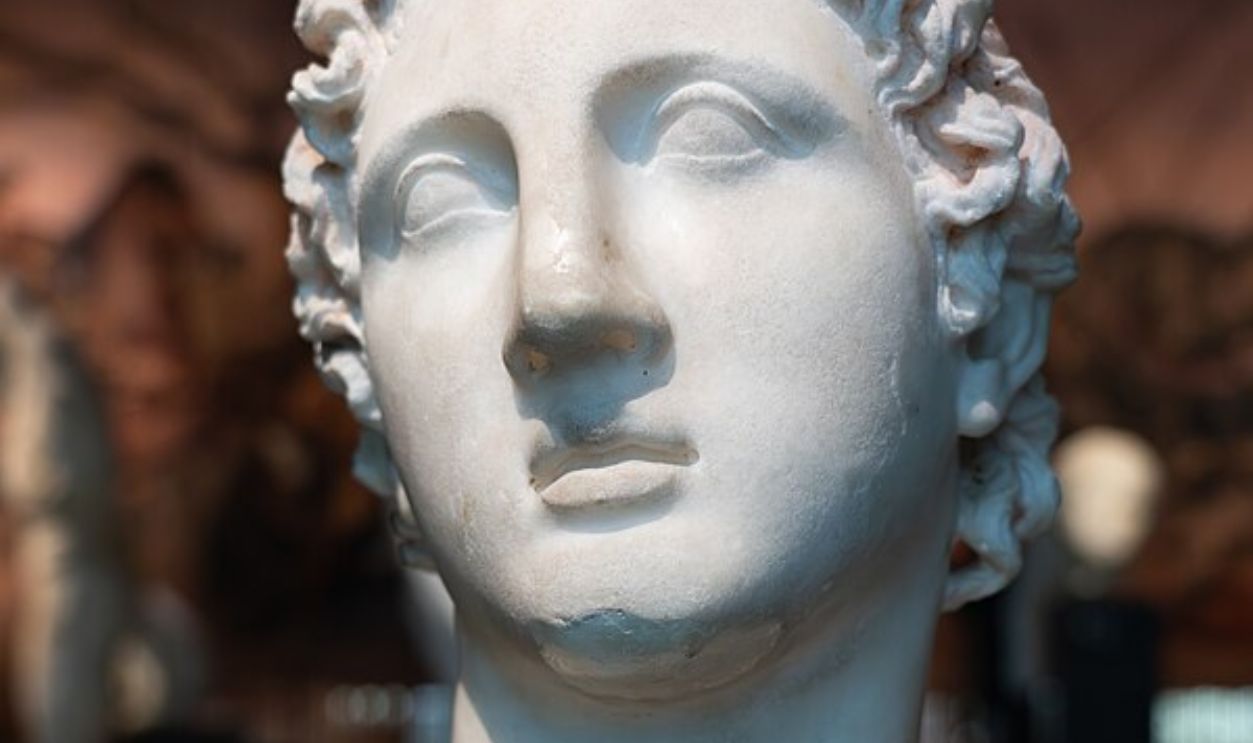 Satdeep Gill, CC BY-SA 4.0, Wikimedia Commons
Satdeep Gill, CC BY-SA 4.0, Wikimedia Commons
He Fell in Love With Roxana, Daughter Of A Bactrian Lord
In the middle of several assassination plots that wanted to claim his life, Alexander fell in love with Roxana, the daughter of a Bactrian noble. They married, strengthening his ties with the local elite and further consolidating his regional power.
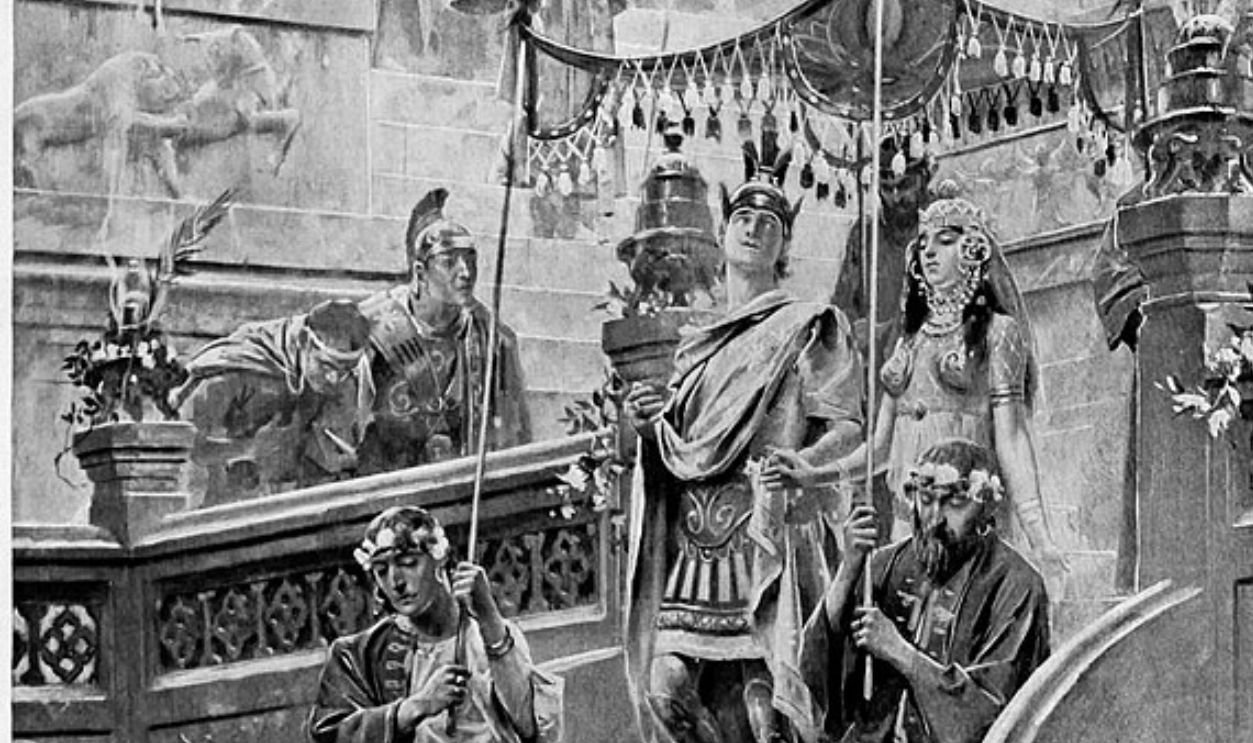 André Castaigne, Wikimedia Commons
André Castaigne, Wikimedia Commons
Alleged Second Marriage
Alexander reached the Indus River Valley and allegedly married Cleophis, the Queen of Massaga. He also led a campaign against the King of Pauravas, but had a tough fight against King Porus, who used war elephants. Despite suffering significant casualties, Alexander emerged victorious.
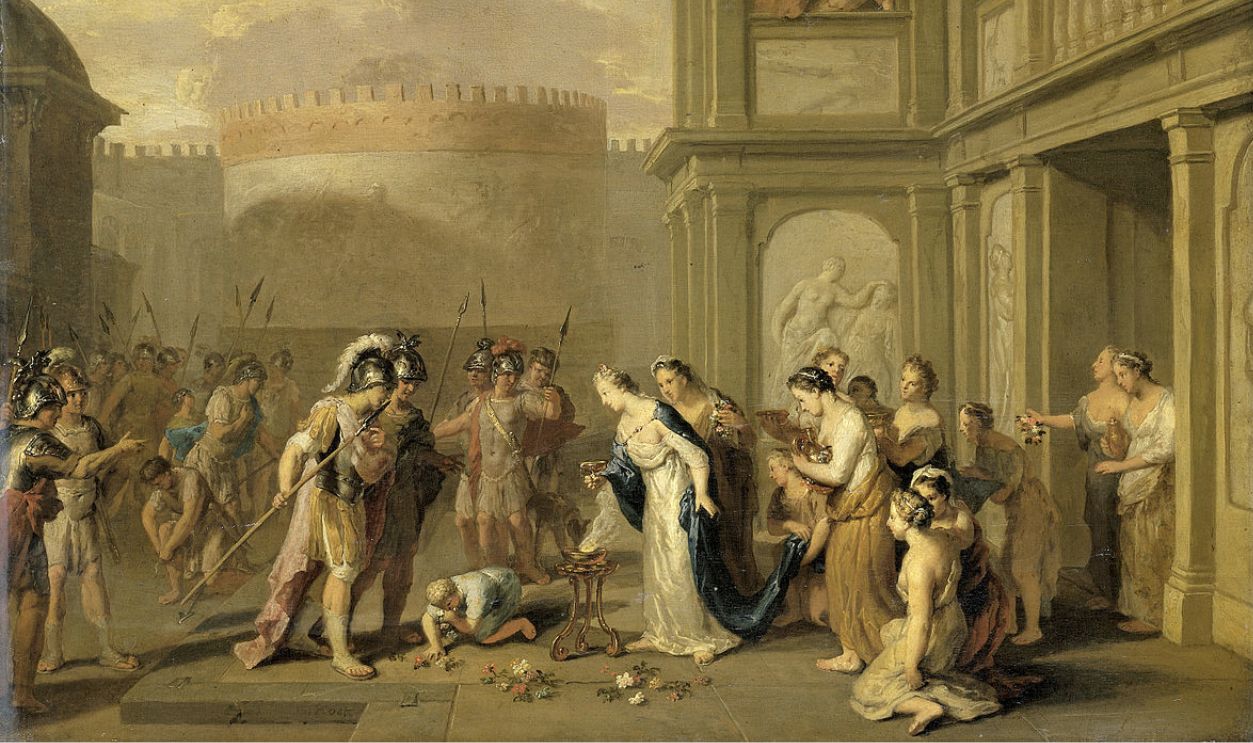 Gerard Hoet, CC0, Wikimedia Commons
Gerard Hoet, CC0, Wikimedia Commons
He Wanted To Reach the Edge Of The World
Alexander aimed to reach the Ganges River, which he believed was at the world's edge. However, his troops said "No" and refused to continue at the River Hyphasis. Reluctantly, Alexander turned back. On his way home, he defeated the Mahlians but was injured in the process.
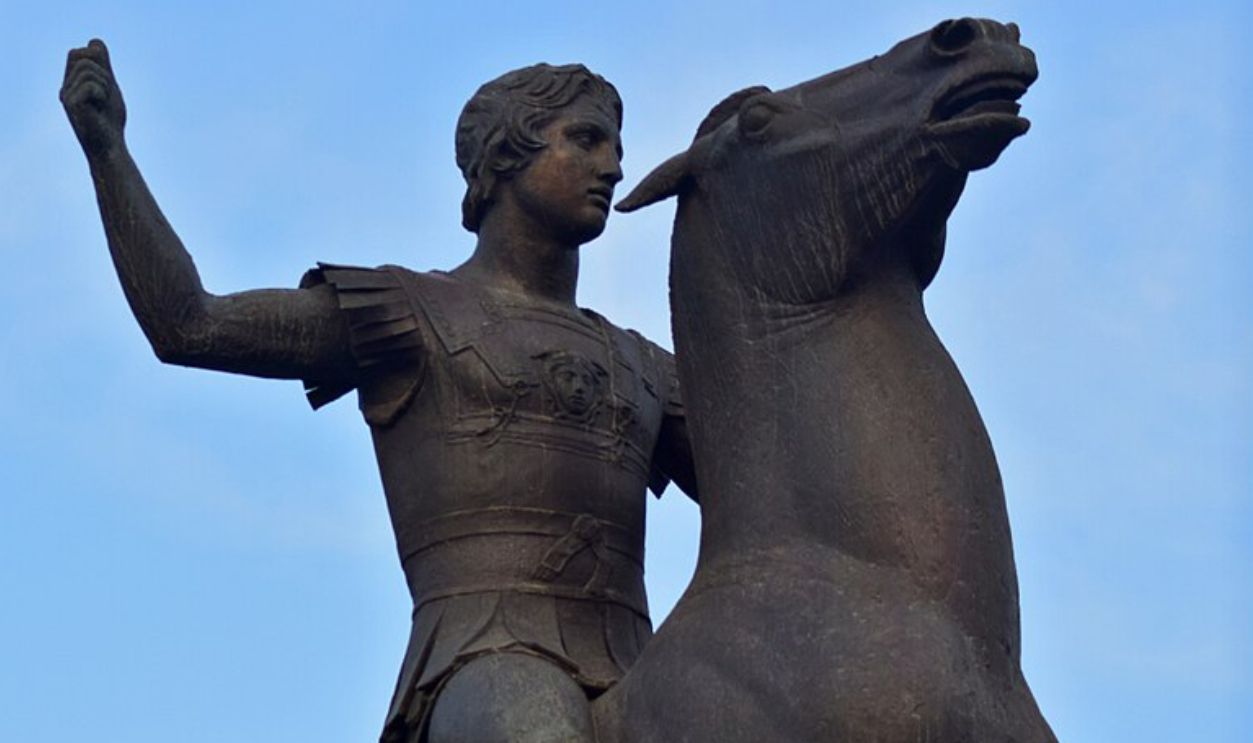 MegAlexandrou, CC BY-SA 4.0, Wikimedia Commons
MegAlexandrou, CC BY-SA 4.0, Wikimedia Commons
Fatal Gedrosian Desert
Some of Alexander's army traveled by ship through the Persian Gulf, while Alexander led the remainder through the harsh Gedrosian Desert. The journey was extremely difficult, and many soldiers perished due to the intense heat, lack of water, and food shortages.
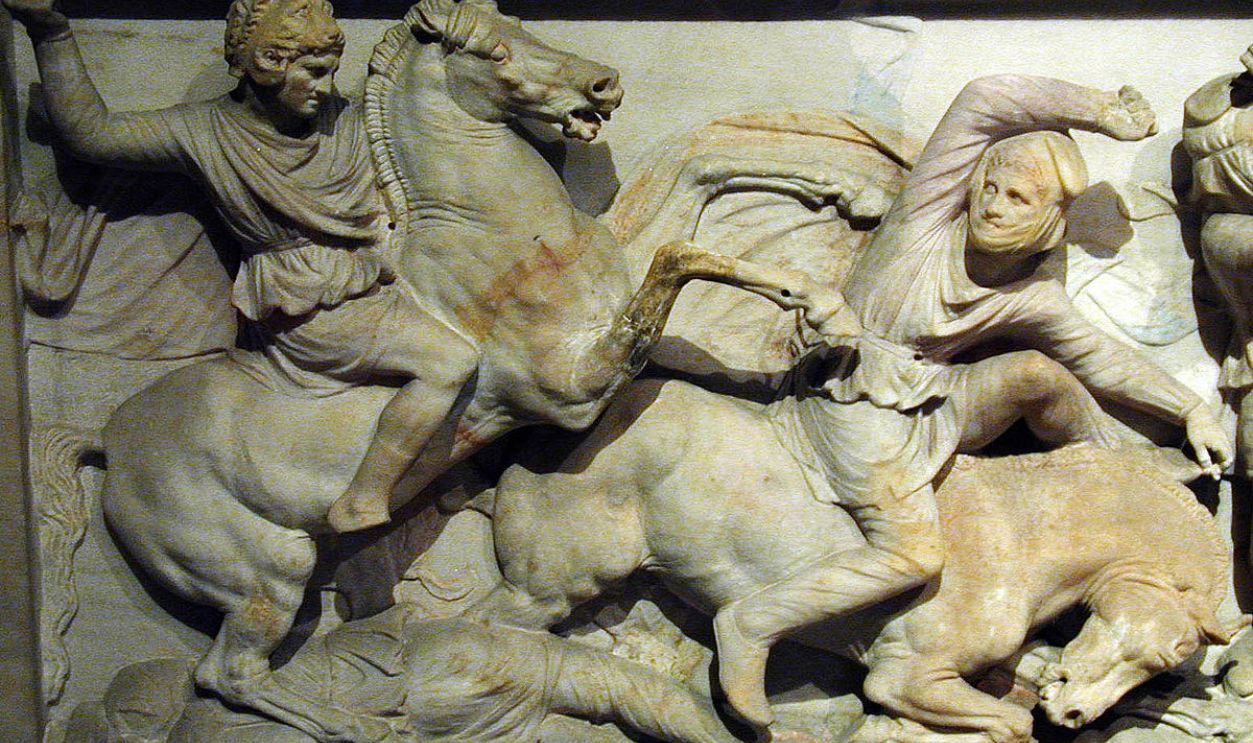 Marsyas, CC BY-SA 3.0, Wikimedia Commons
Marsyas, CC BY-SA 3.0, Wikimedia Commons
A Royal Wedding at Susa
To unite Macedonians and Persians, Alexander held a grand royal wedding where Macedonian officers married Persian noblewomen. However, his troops mutinied again at Opis. To restore order, Alexander executed the revolt leaders and gave an emotional speech. He was later grief-stricken by the death of his closest friend, Hephaestion.
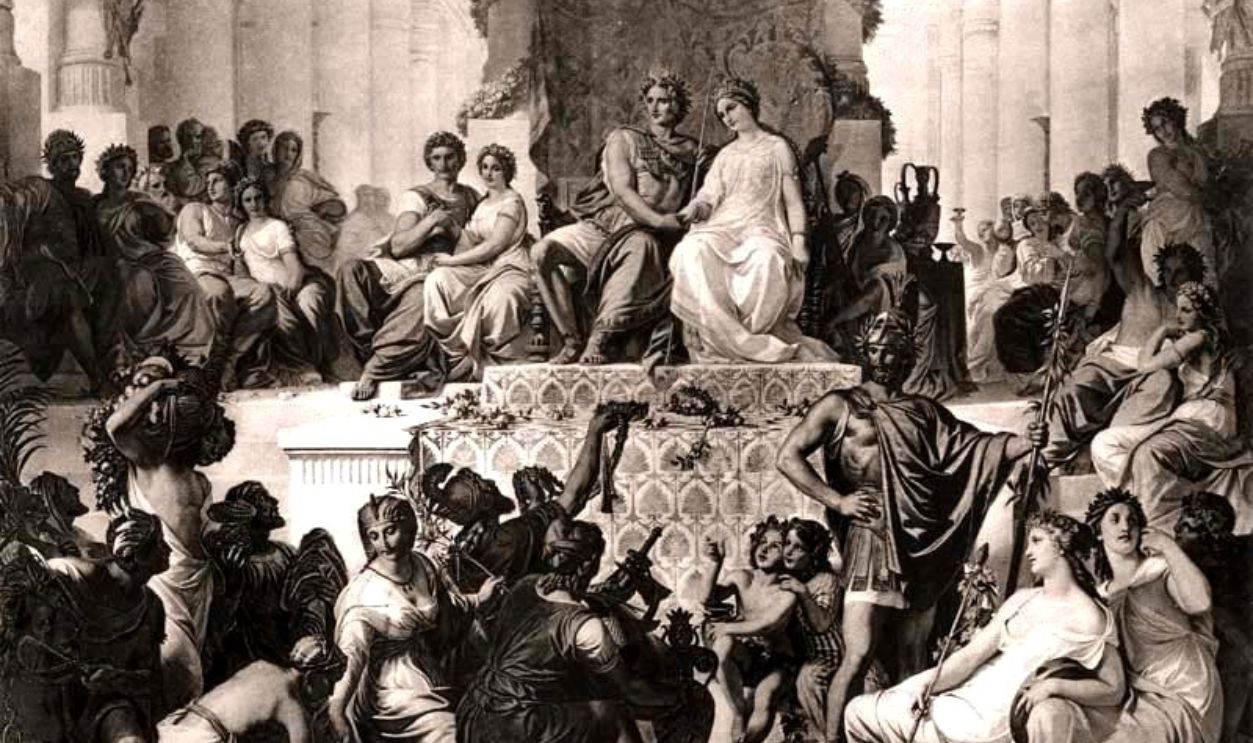 Unknown Author, Wikimedia Commons
Unknown Author, Wikimedia Commons
A King Is Never Off-Duty
Despite his agony, Alexander had to secure his territories. He successfully defeated the mountain raiders from Cossaea and marched back to Babylon. When he arrived, he was greeted by people from various regions who recognized his achievements and greatness.
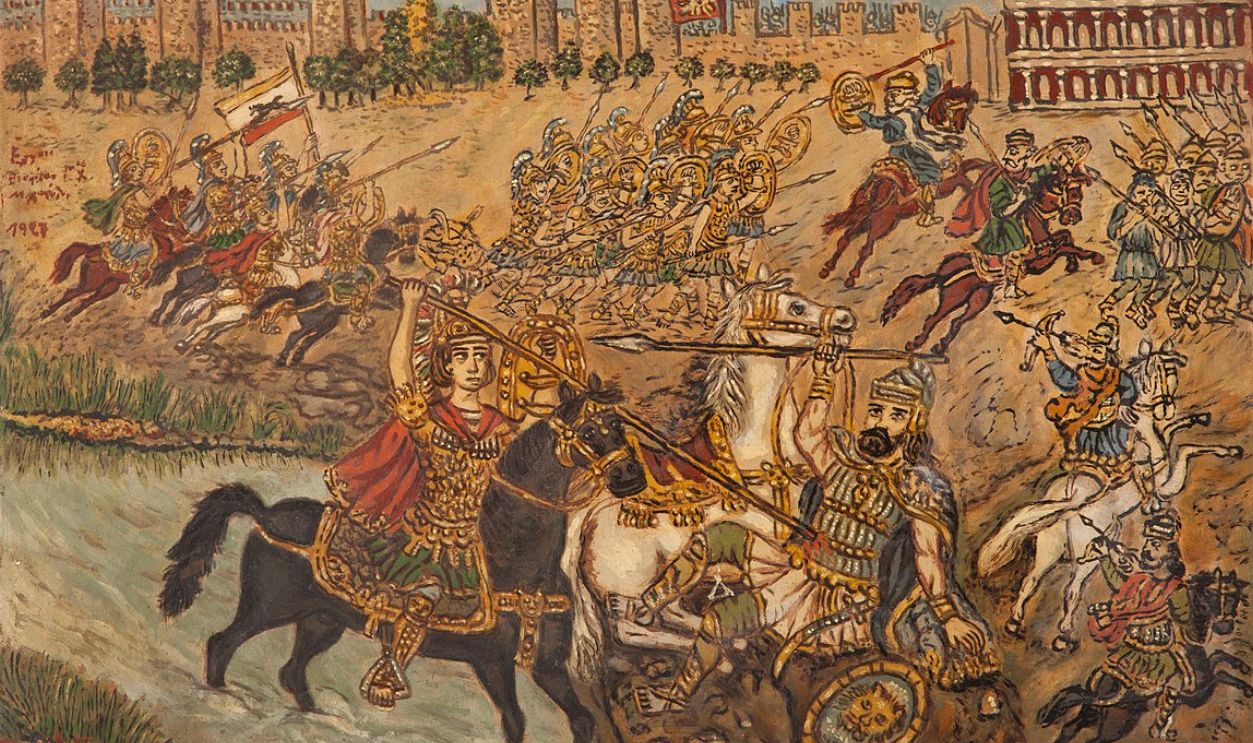 Theophilos Hatzimihail, Wikimedia Commons
Theophilos Hatzimihail, Wikimedia Commons
A Fever That Turned Fatal
Alexander's first wife, Roxana, was pregnant, and he planned to launch a new campaign to explore Arabia. However, he fell with a fever, which would soon prove to be fatal. Alexander died a few days later, and since then, the cause of his death remains a mystery to this day.
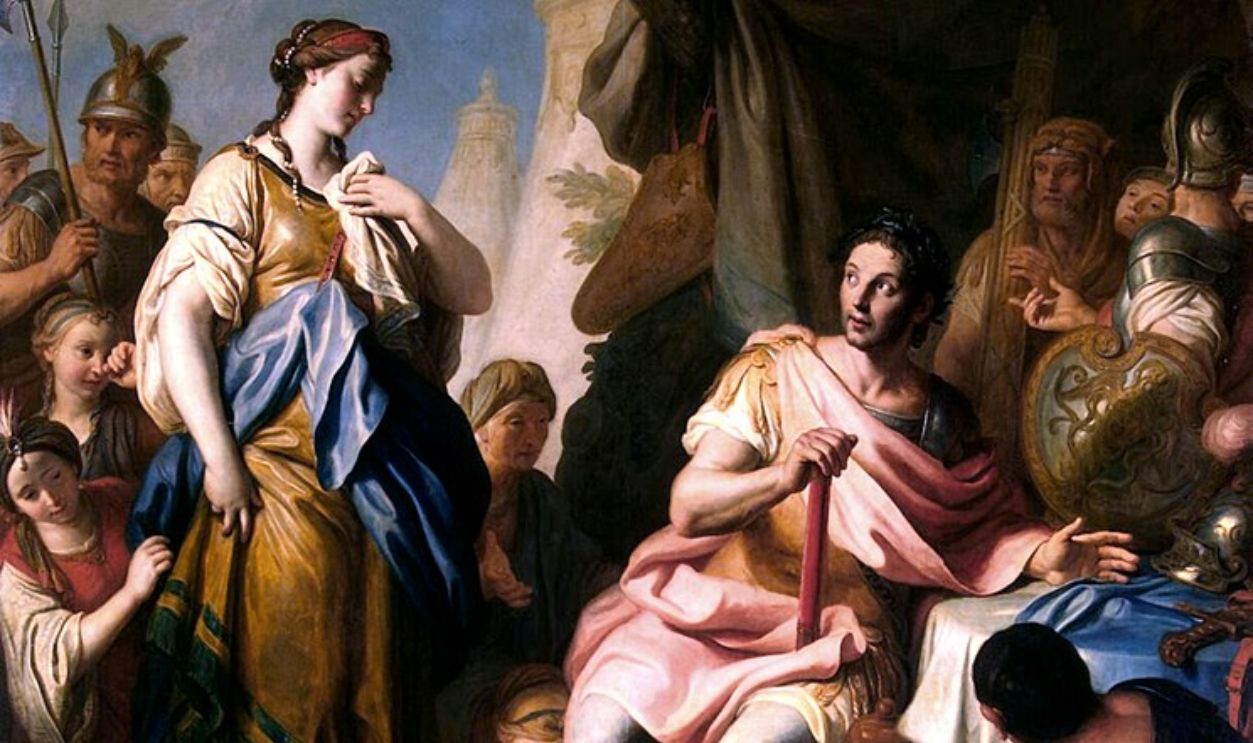 Pietro Rotari, Wikimedia Commons
Pietro Rotari, Wikimedia Commons
He Never Lost A Fight
At the time of his death, Alexander had never been defeated in battle. His ten-year campaign had created a vast empire stretching from Greece to Pakistan. However, the empire was notably unstable and faced many challenges.
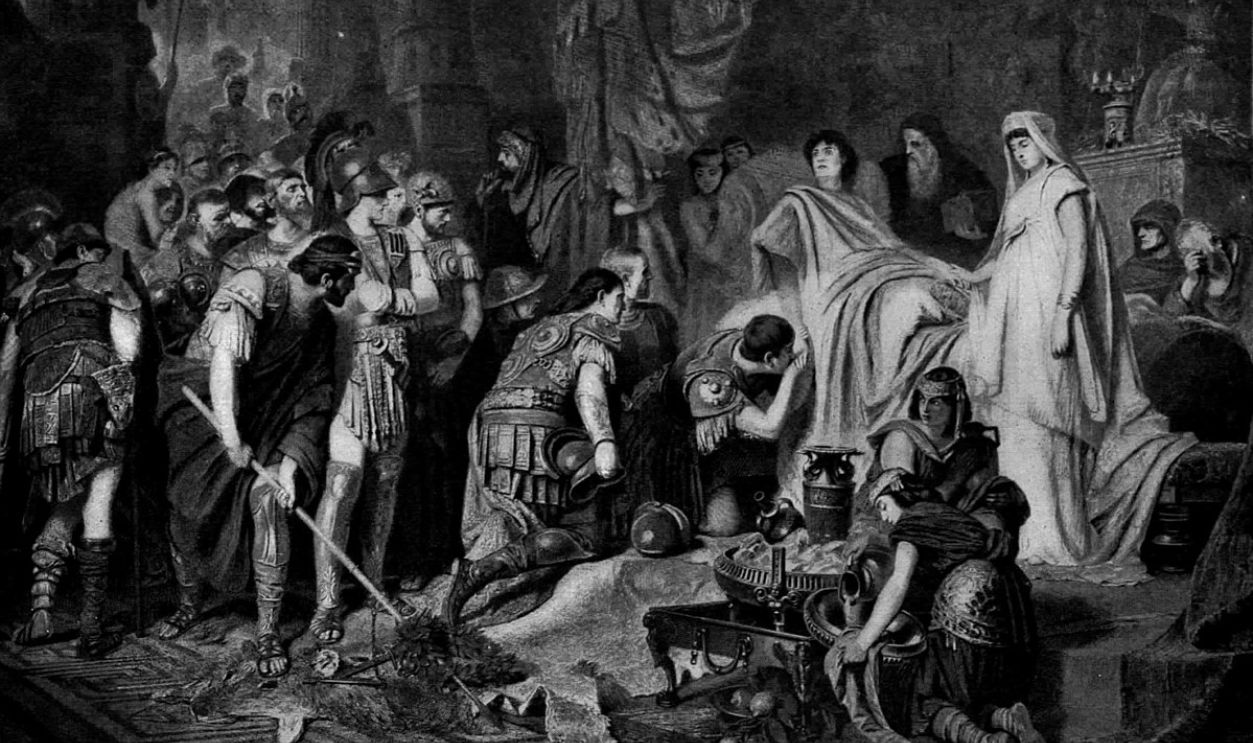 Unknown Author, Wikimedia Commons
Unknown Author, Wikimedia Commons
The Golden Sarcophagus;
Alexander's golden sarcophagus, intended for Macedonia, was supposedly stolen and taken to Alexandria in Egypt. The exact location of his remains is a mystery that has intrigued historians for centuries.
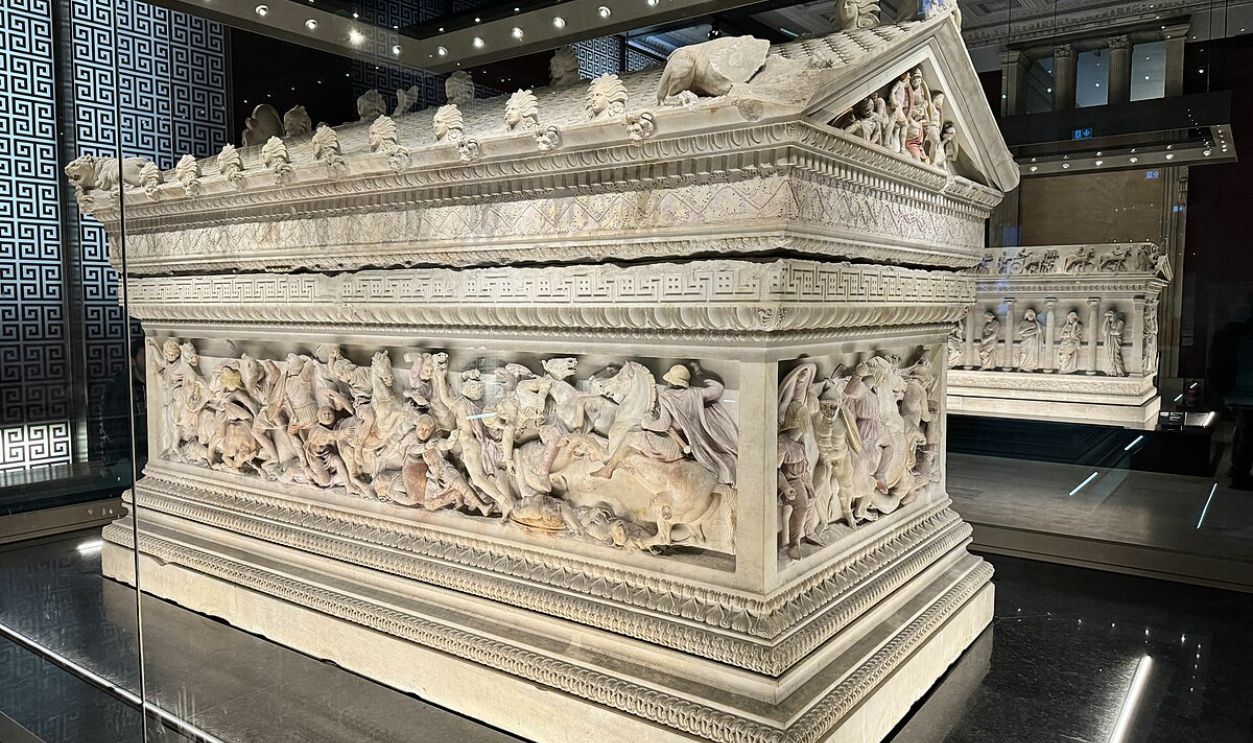 Bjelica, CC BY-SA 4.0, Wikimedia Commons
Bjelica, CC BY-SA 4.0, Wikimedia Commons
His Generals Started Fighting Over His Kingdom
Alexander did not leave a clear plan for who would succeed him as ruler. As a result, his generals fought over his empire, leading to chaos. His widow and son were eventually killed in the power struggles that followed. History is rarely happy, and neither is the end to this story.


